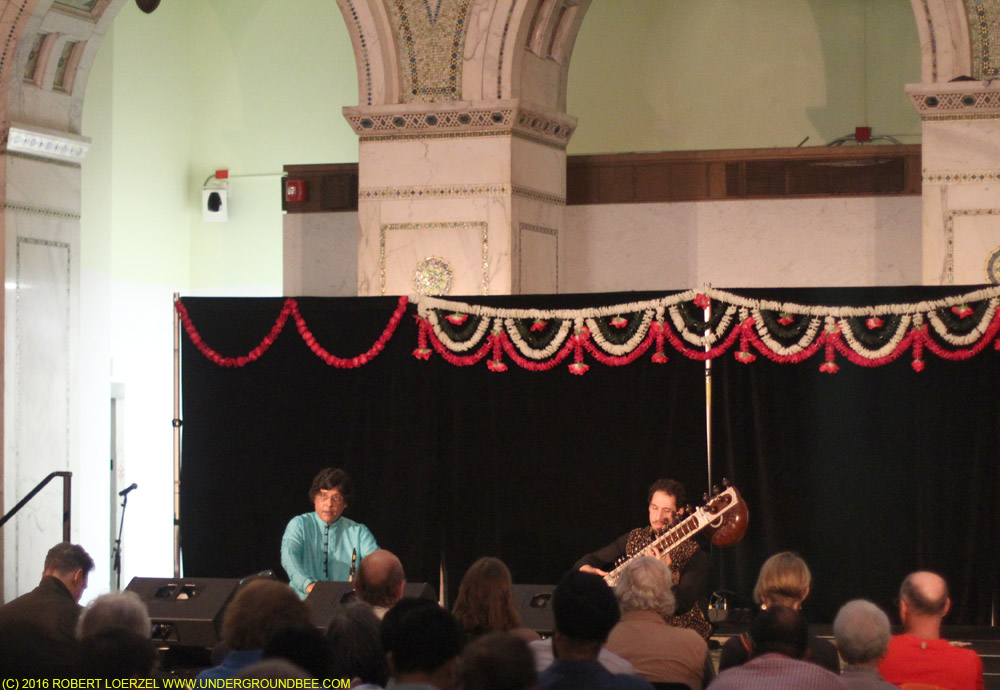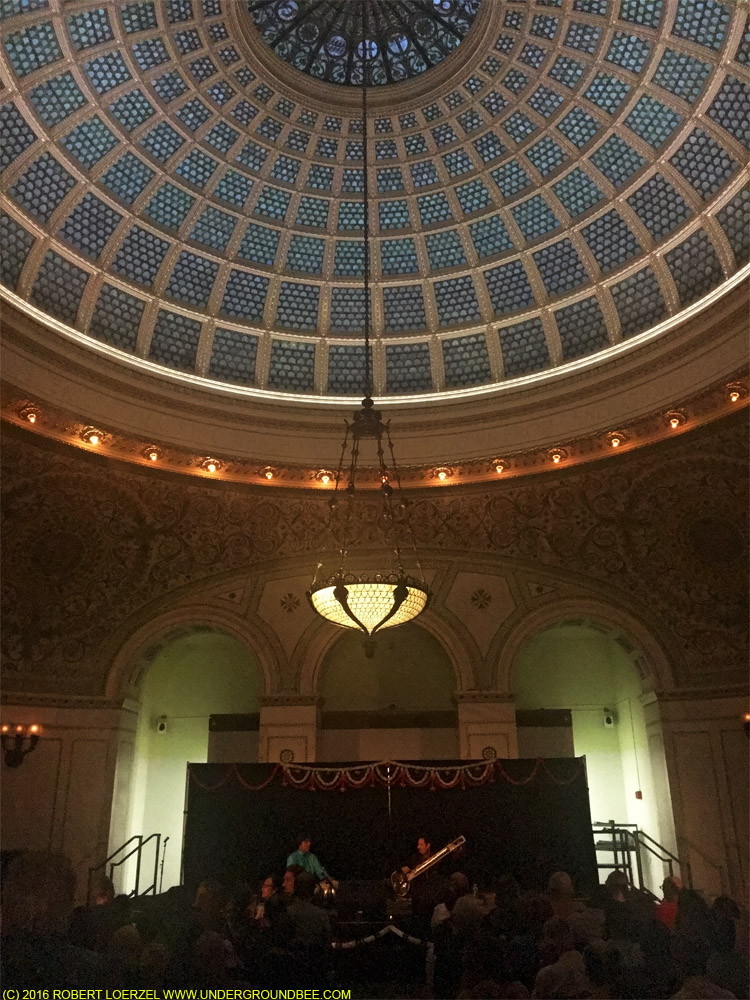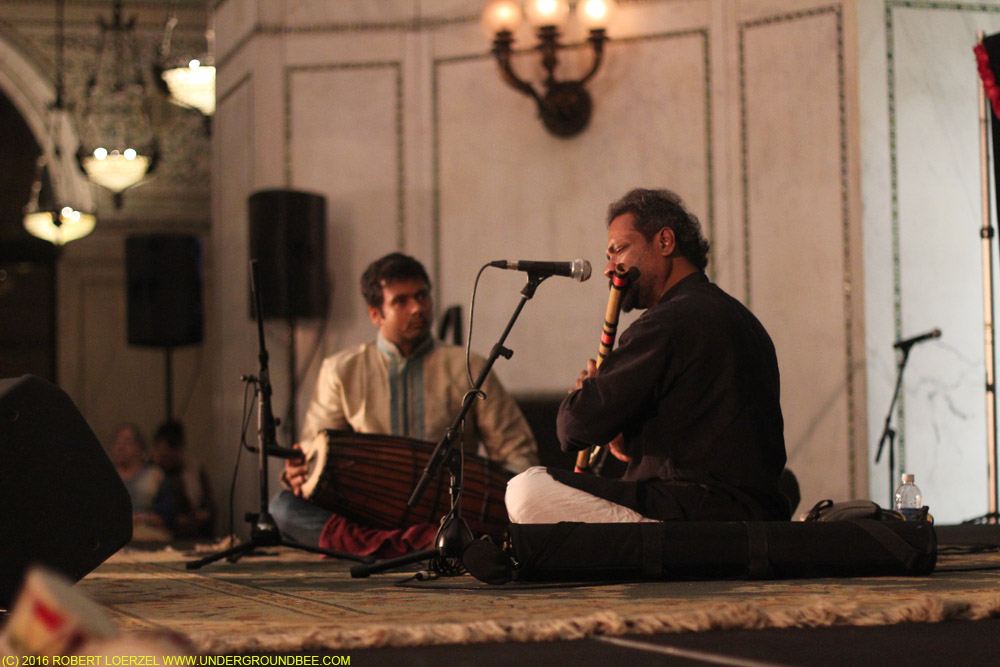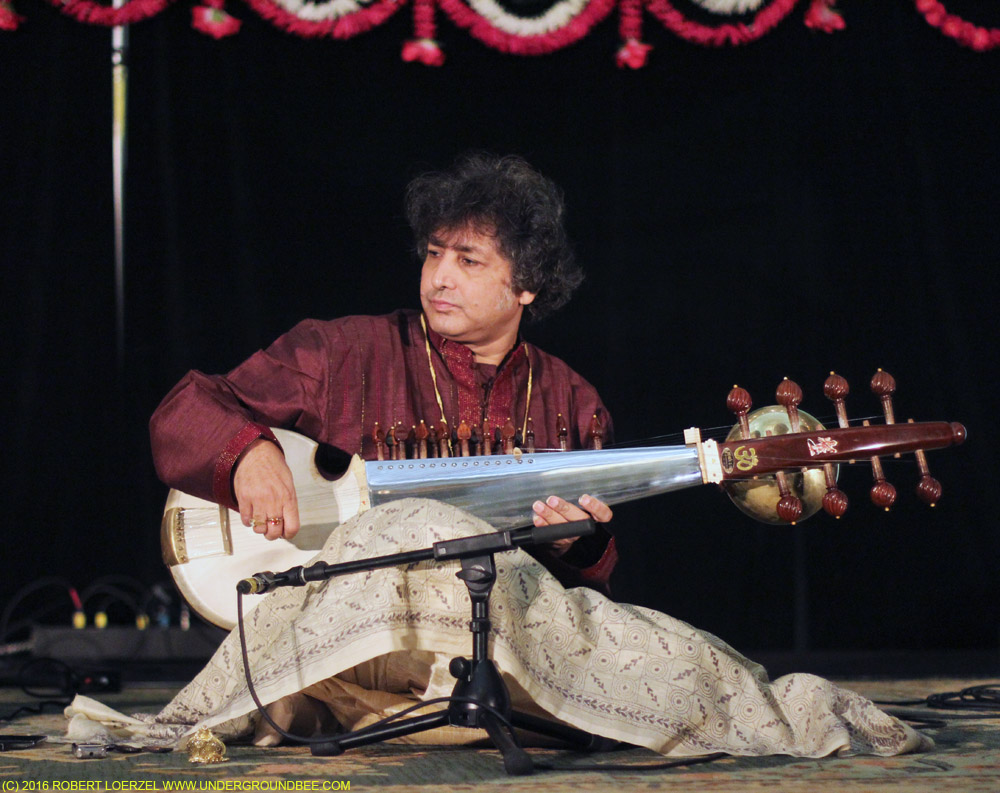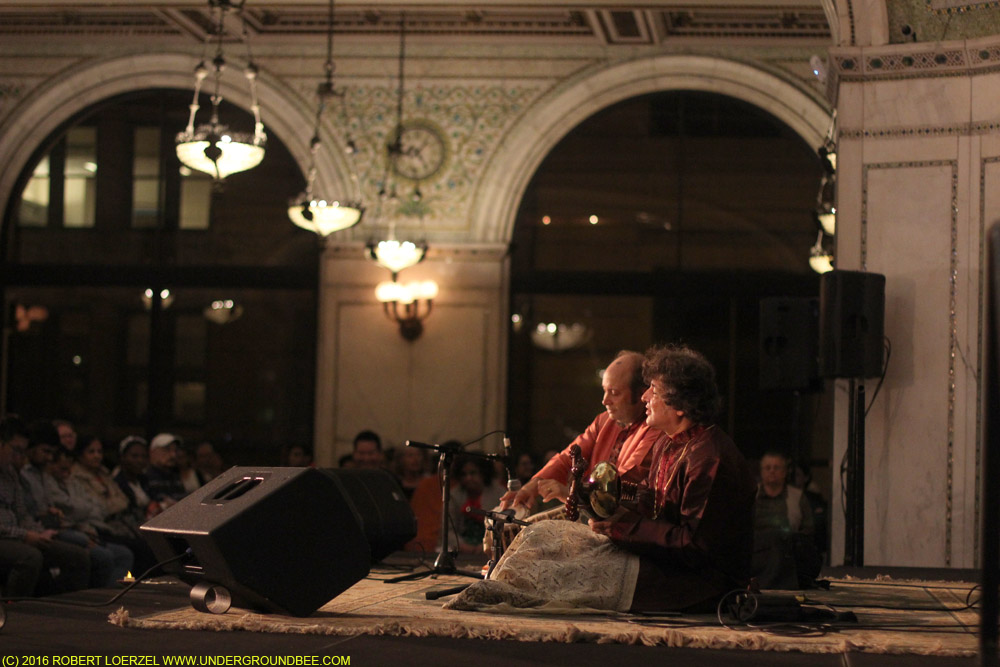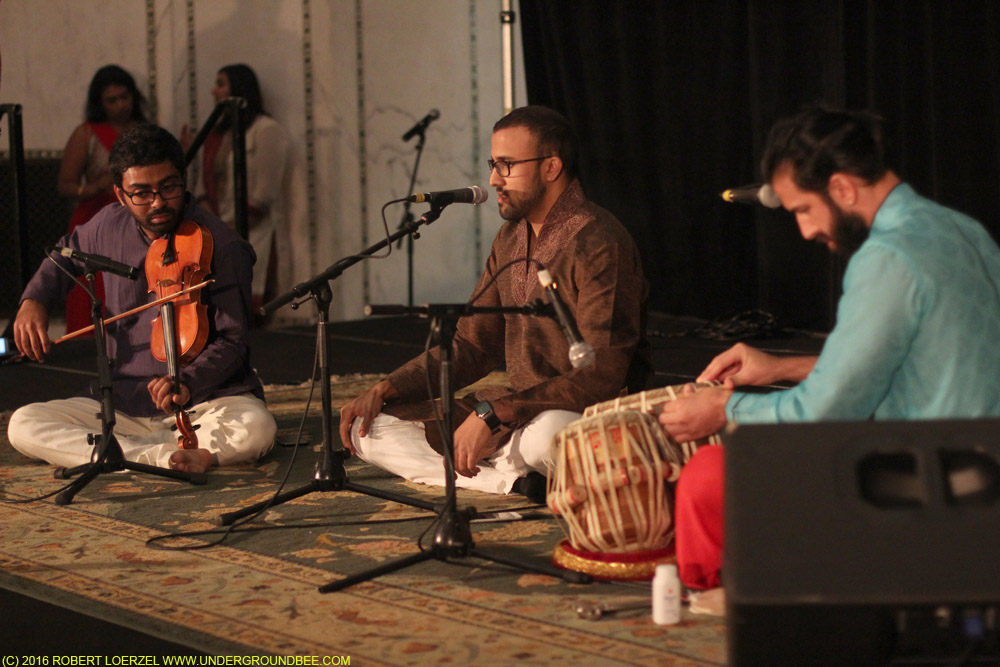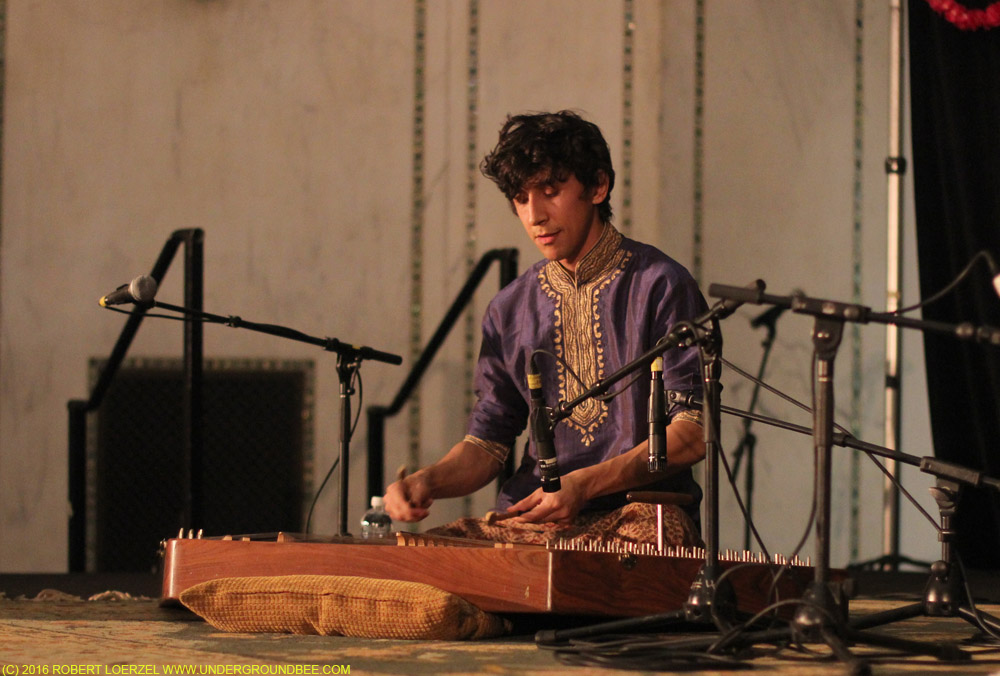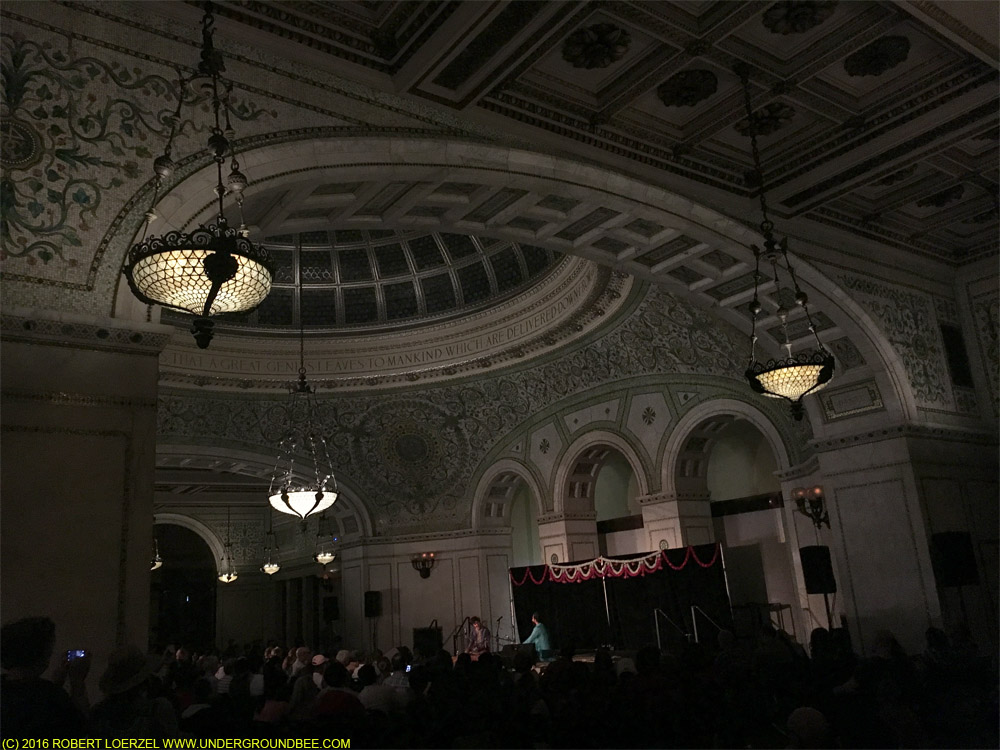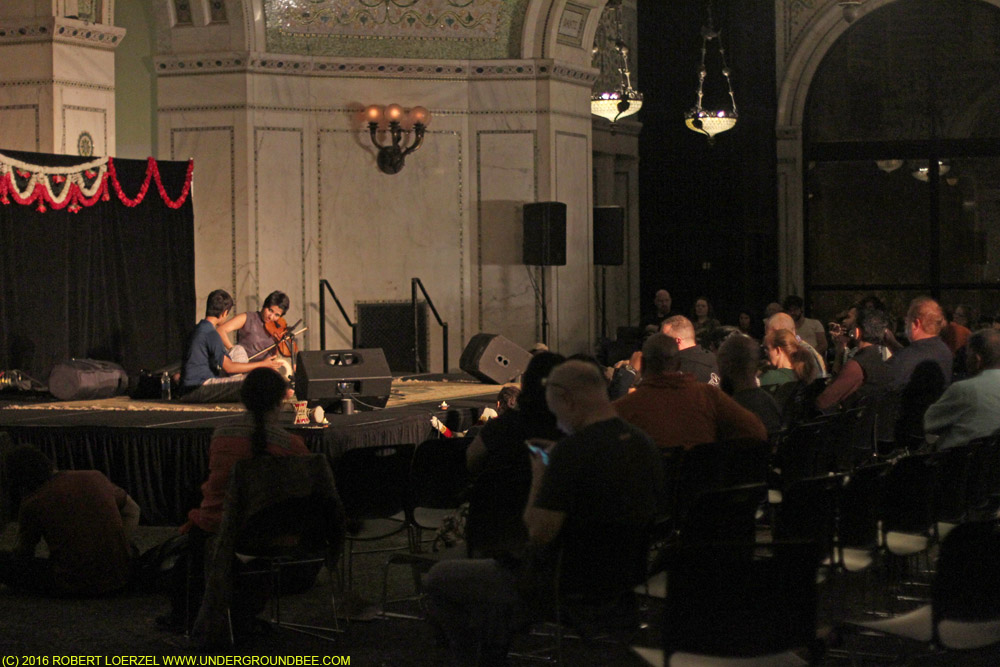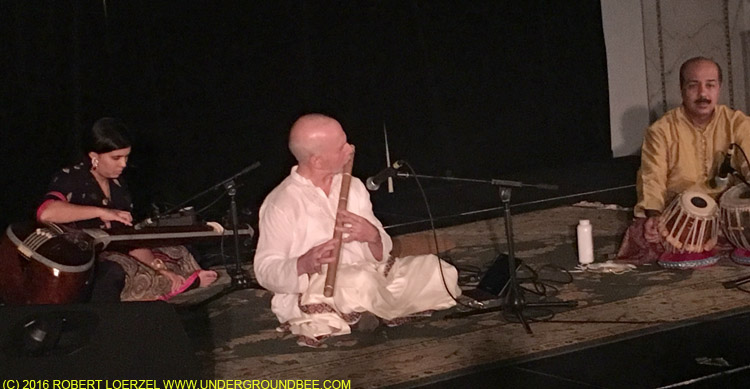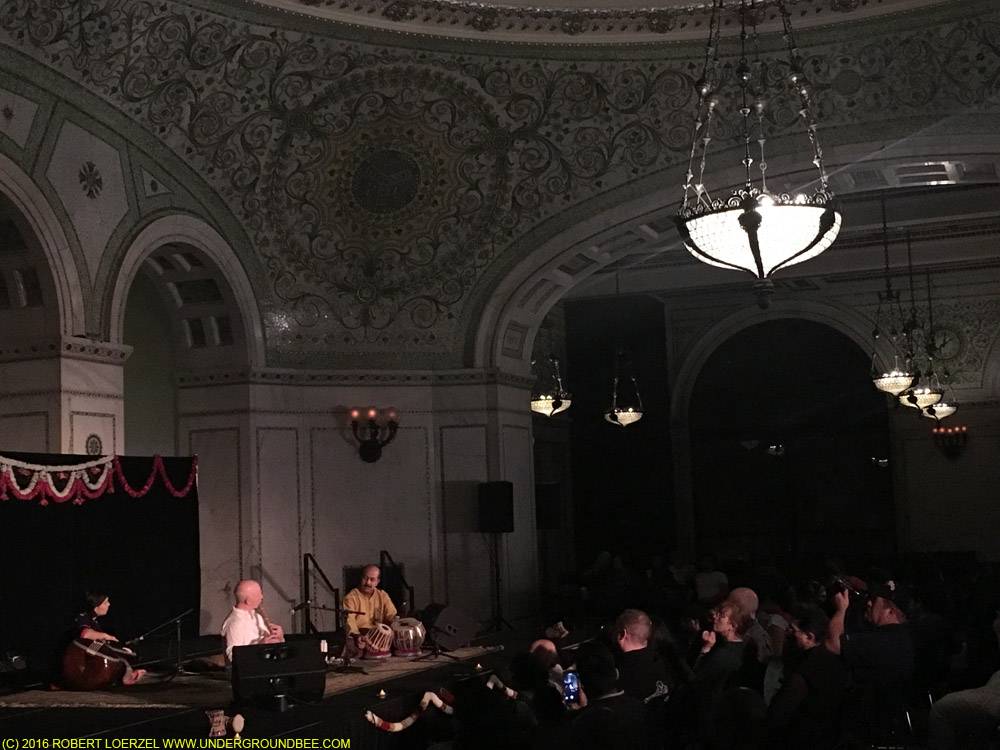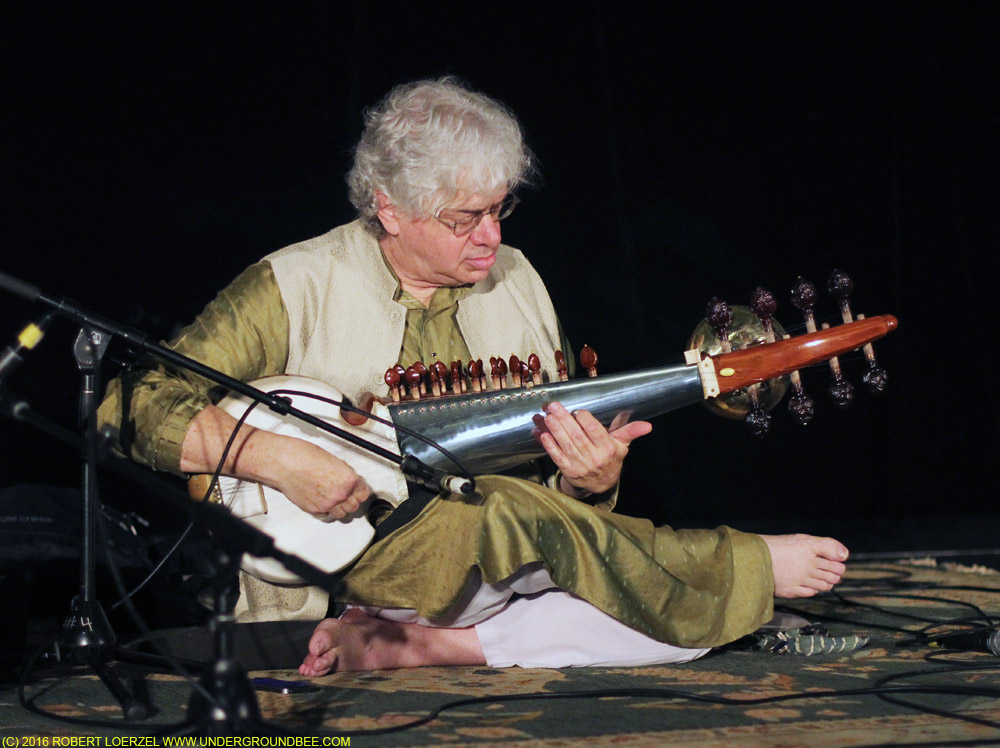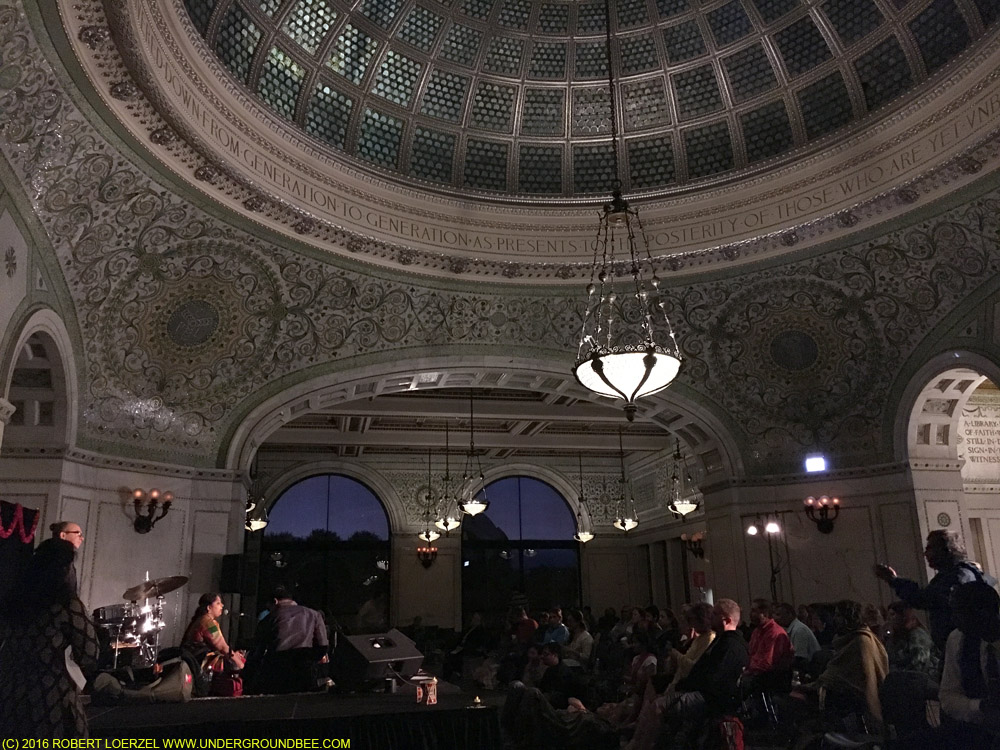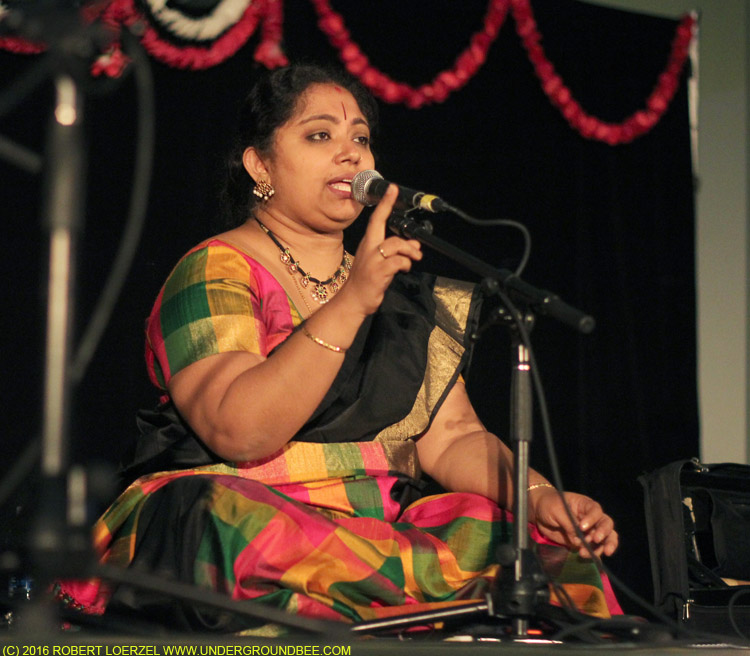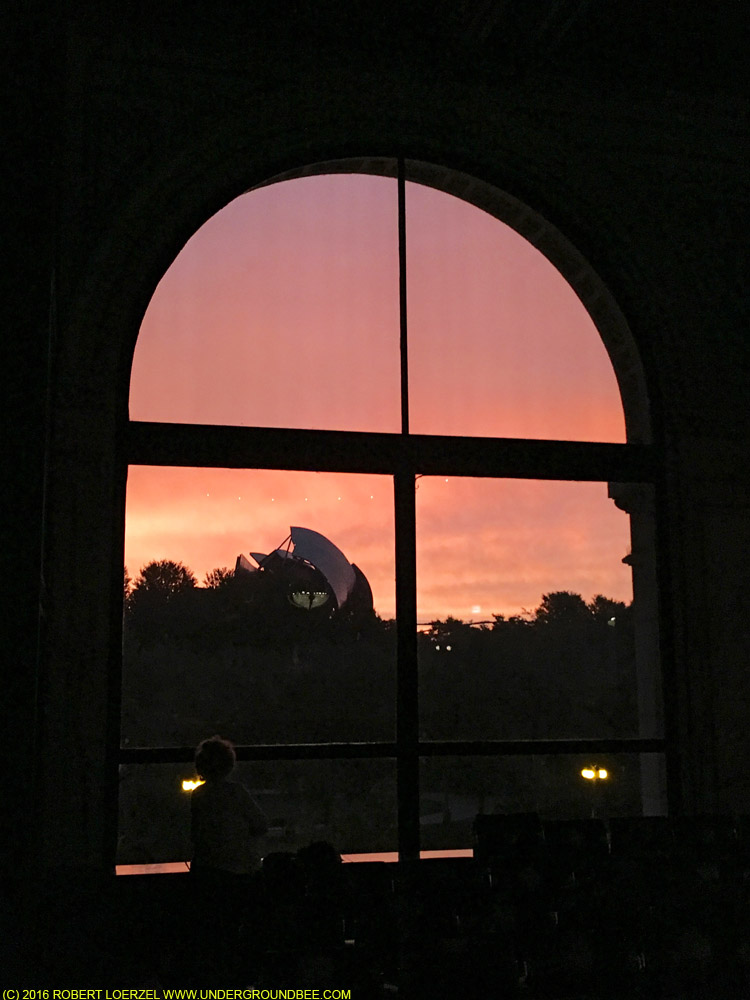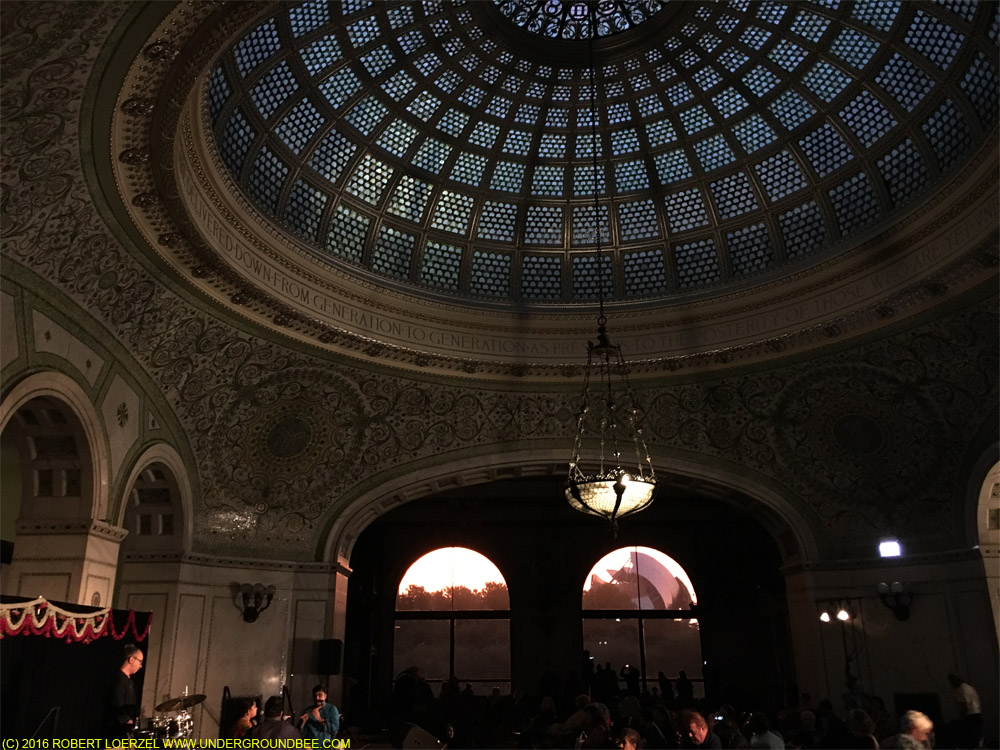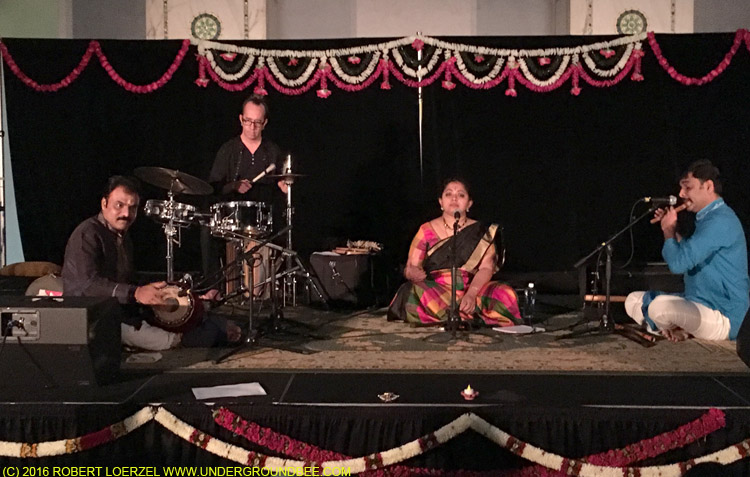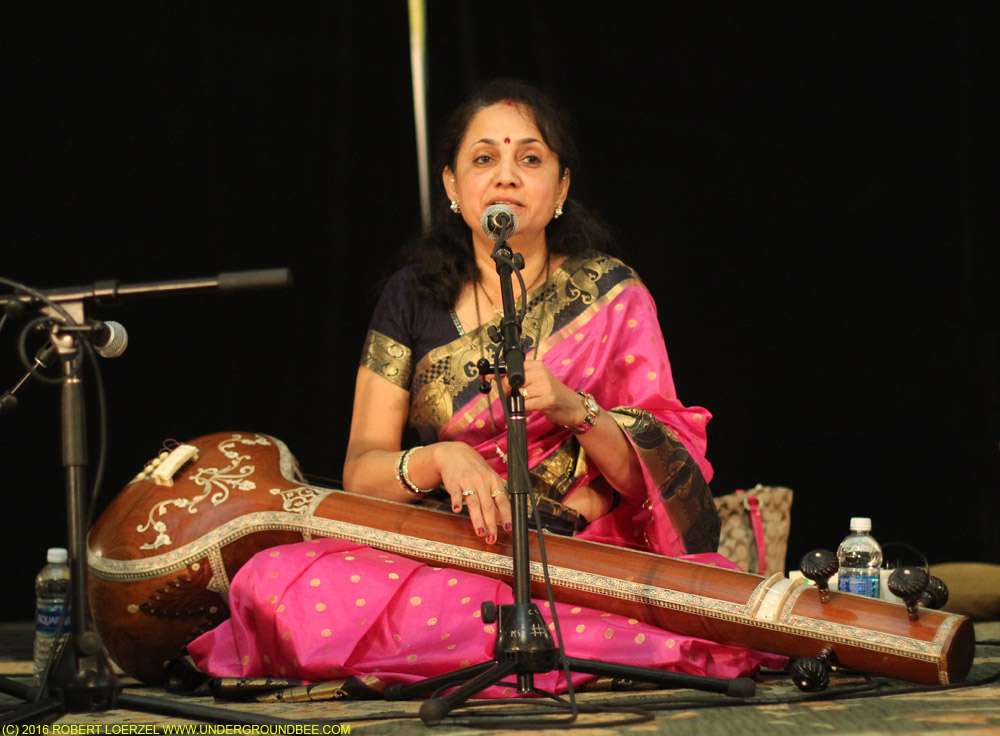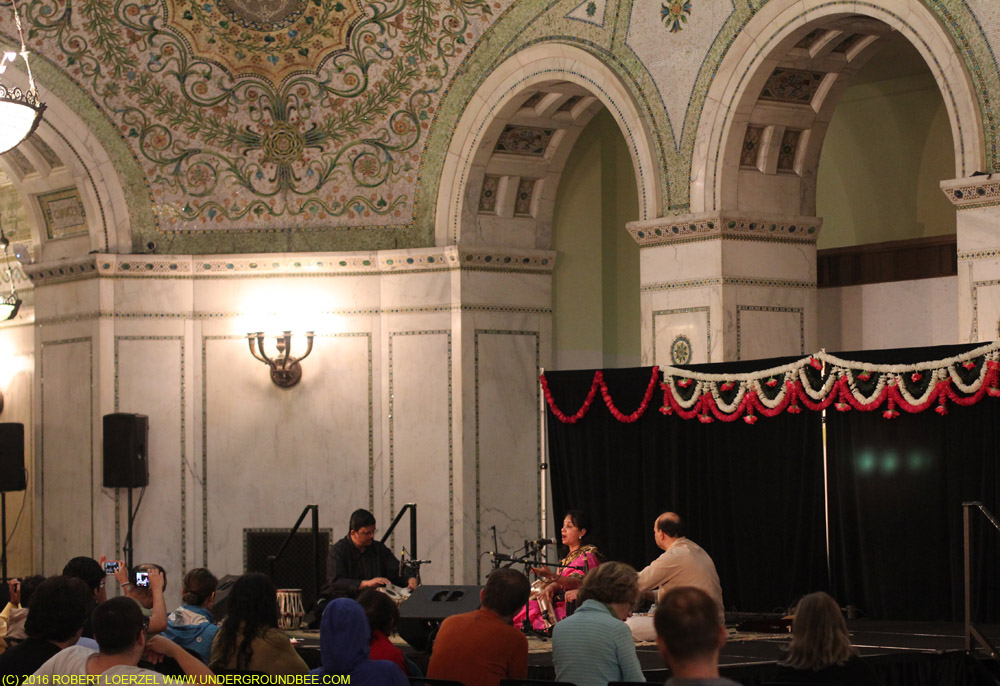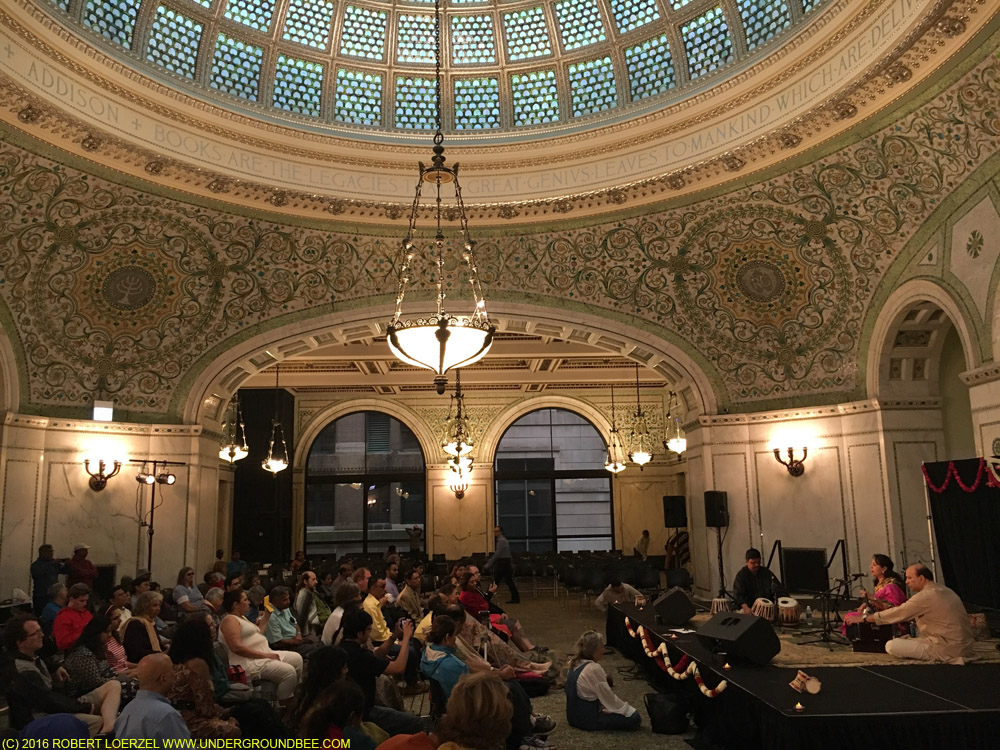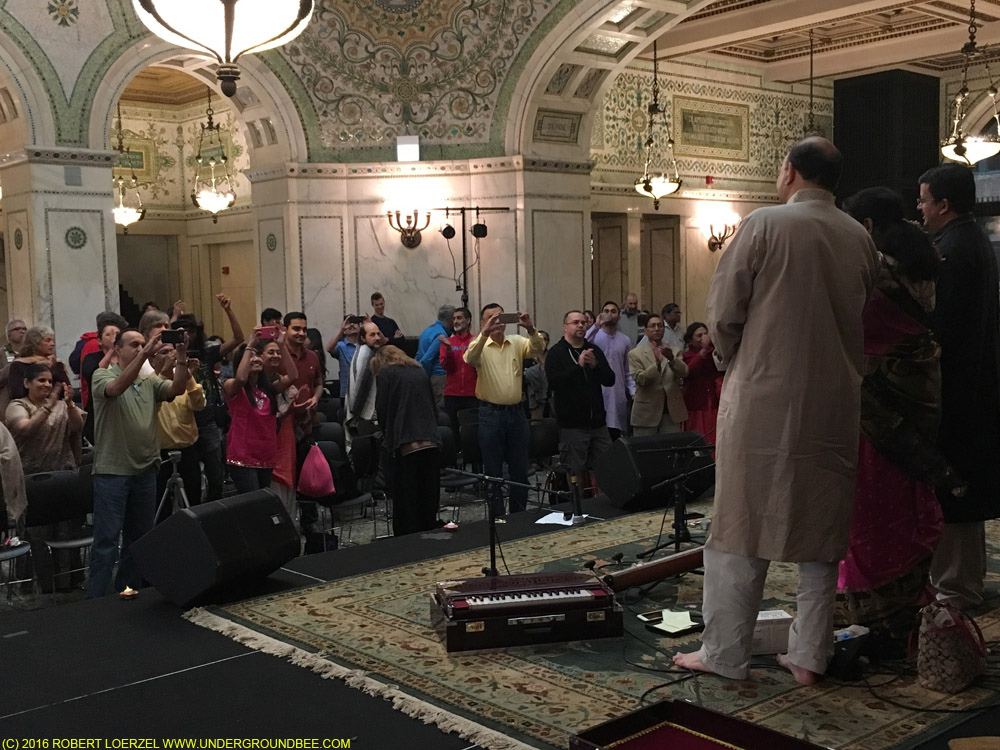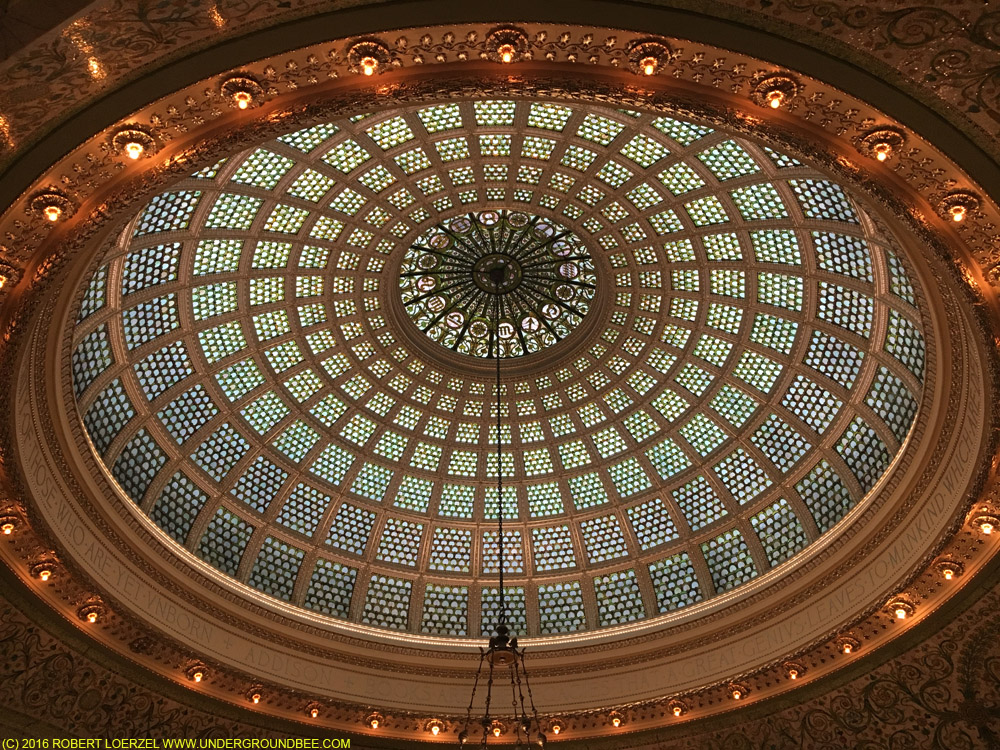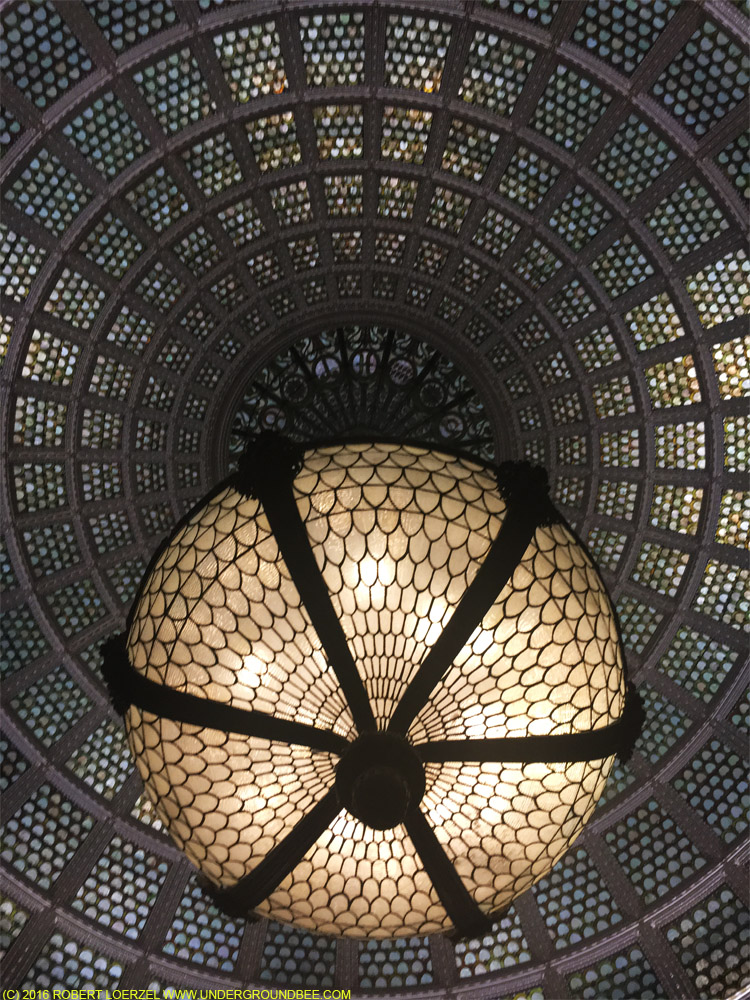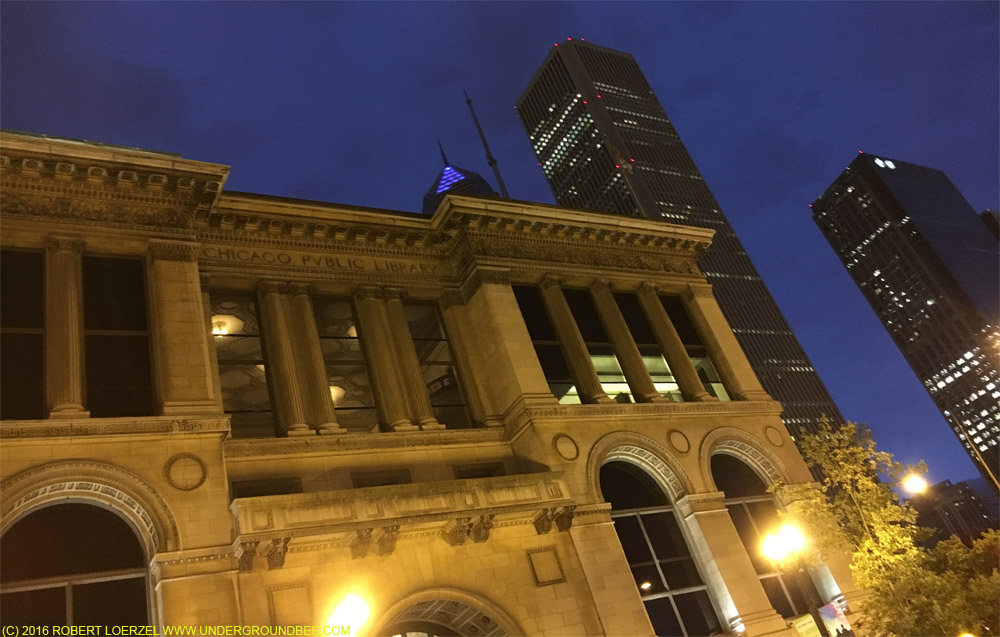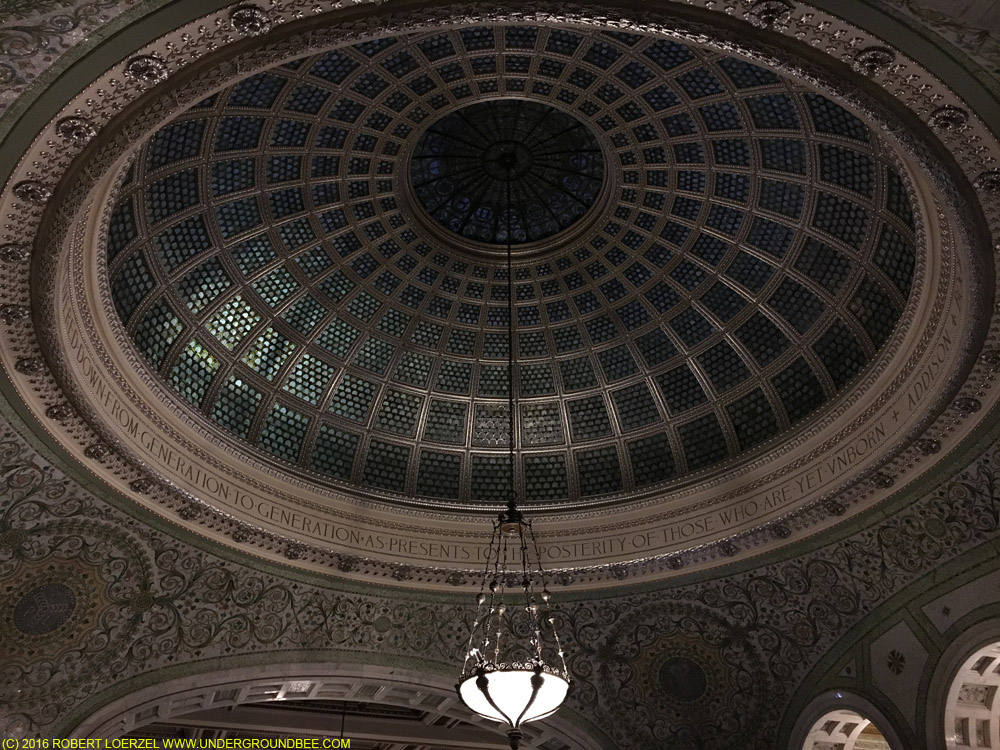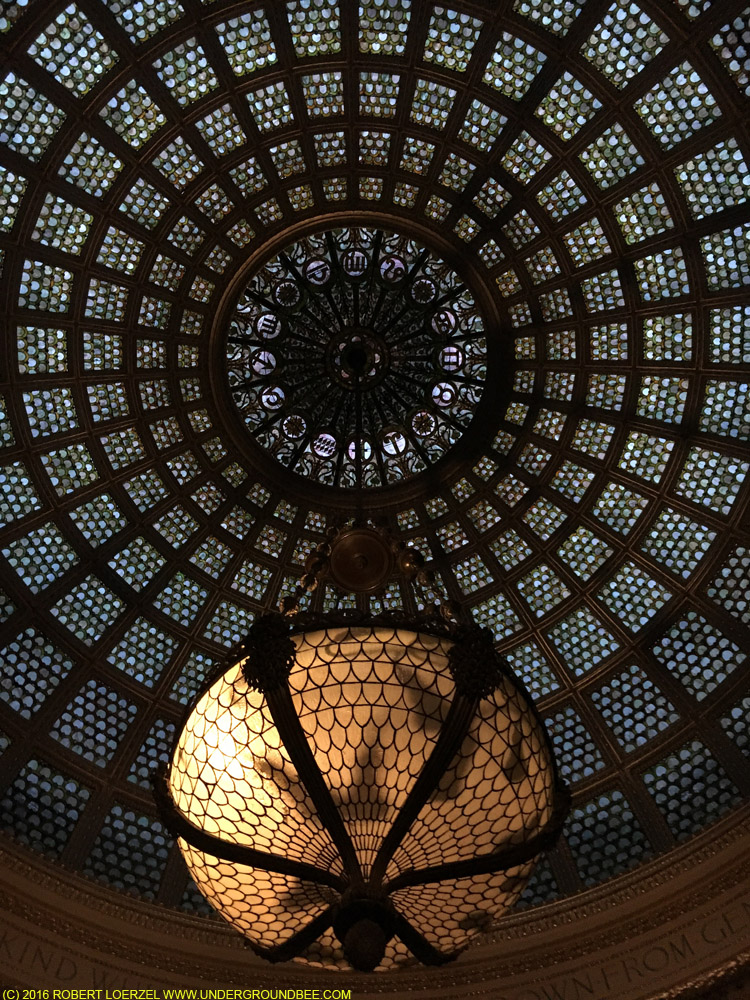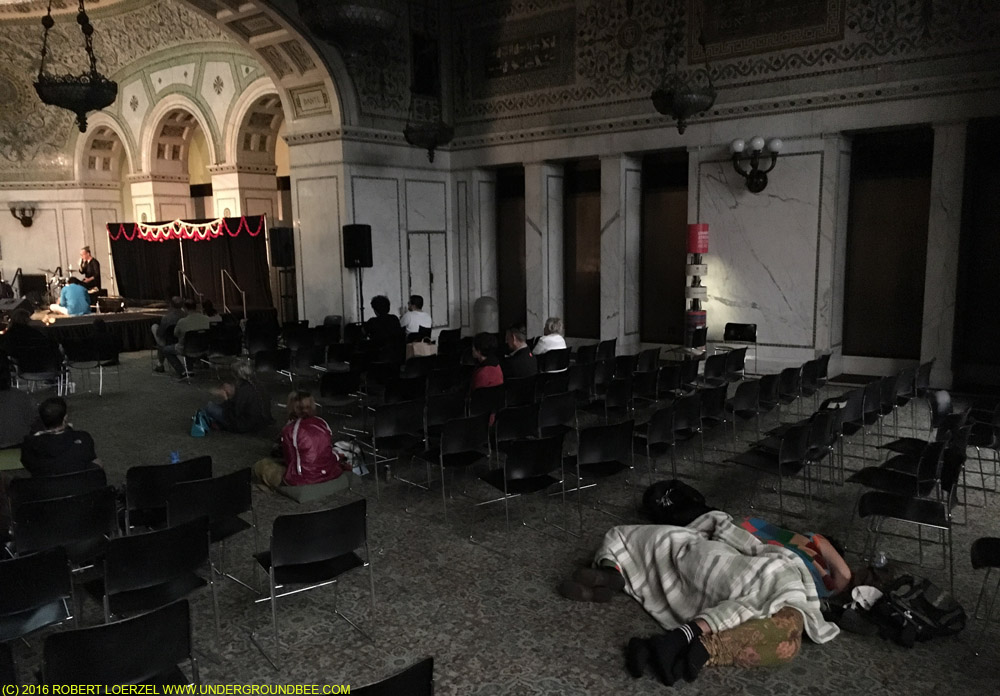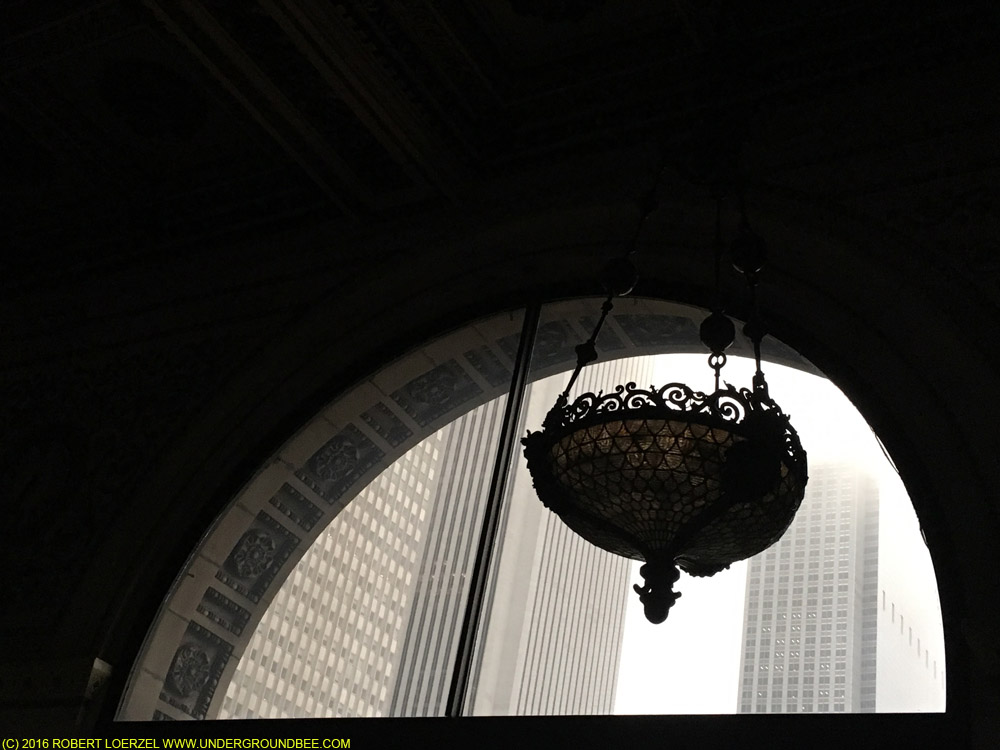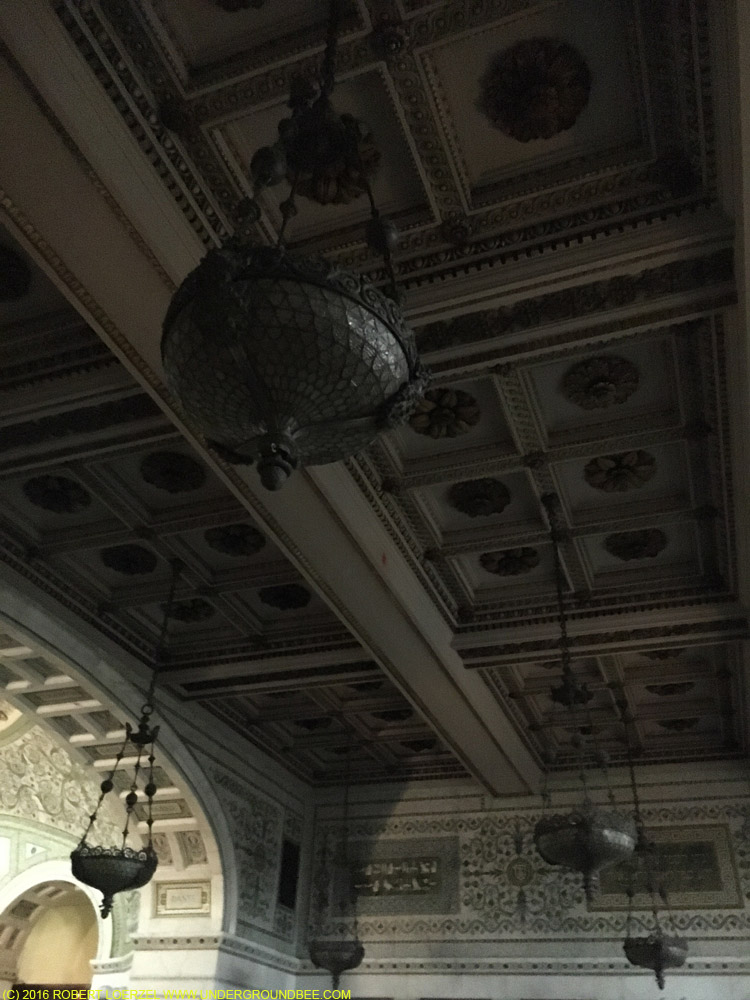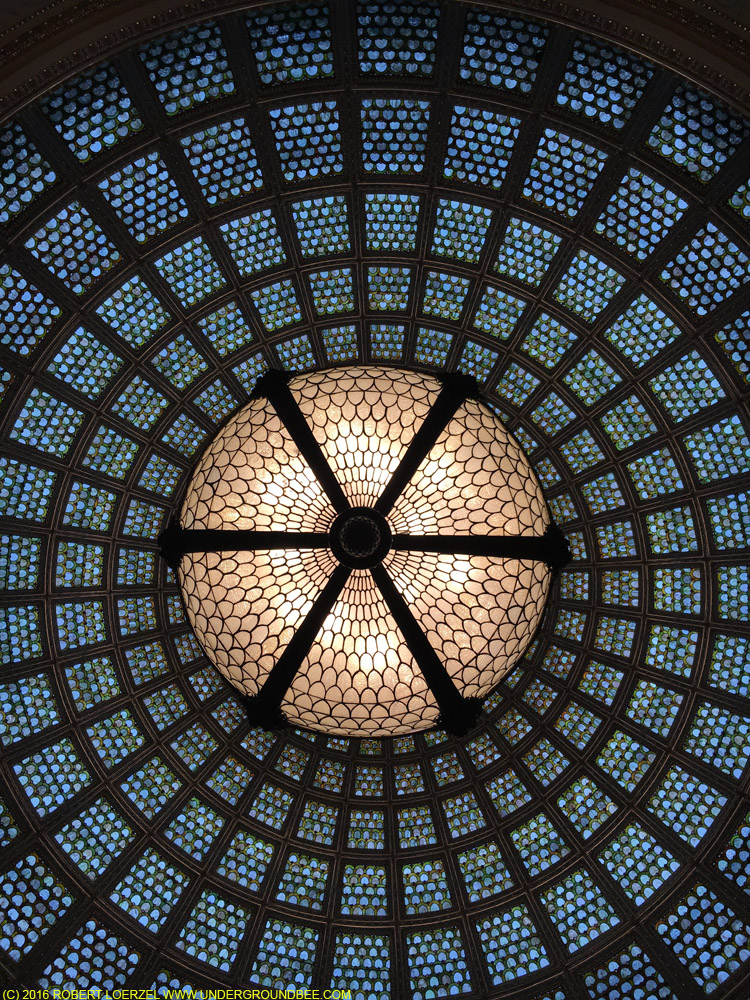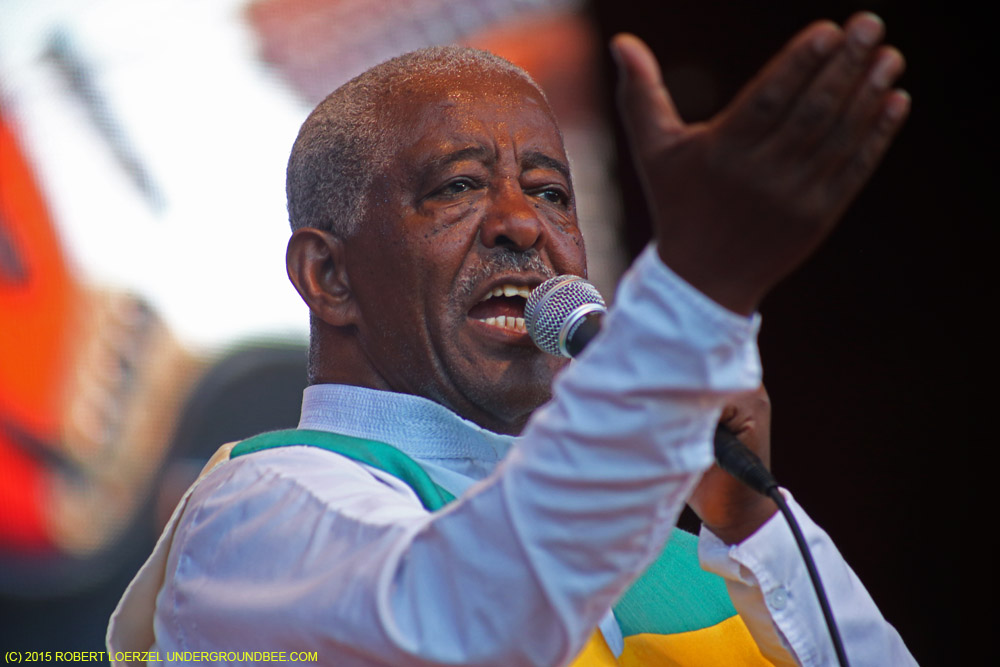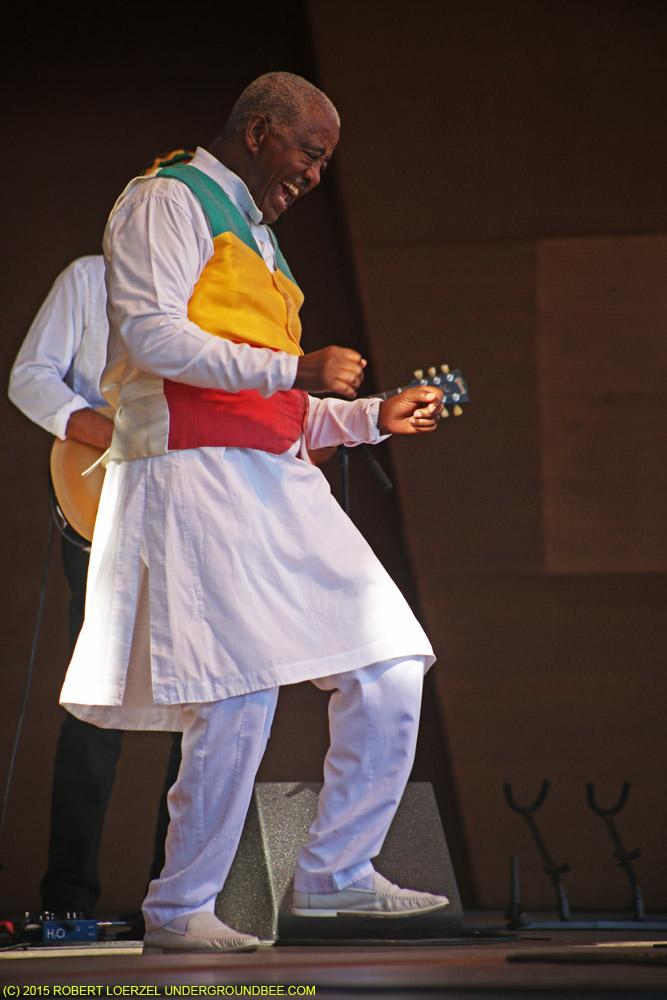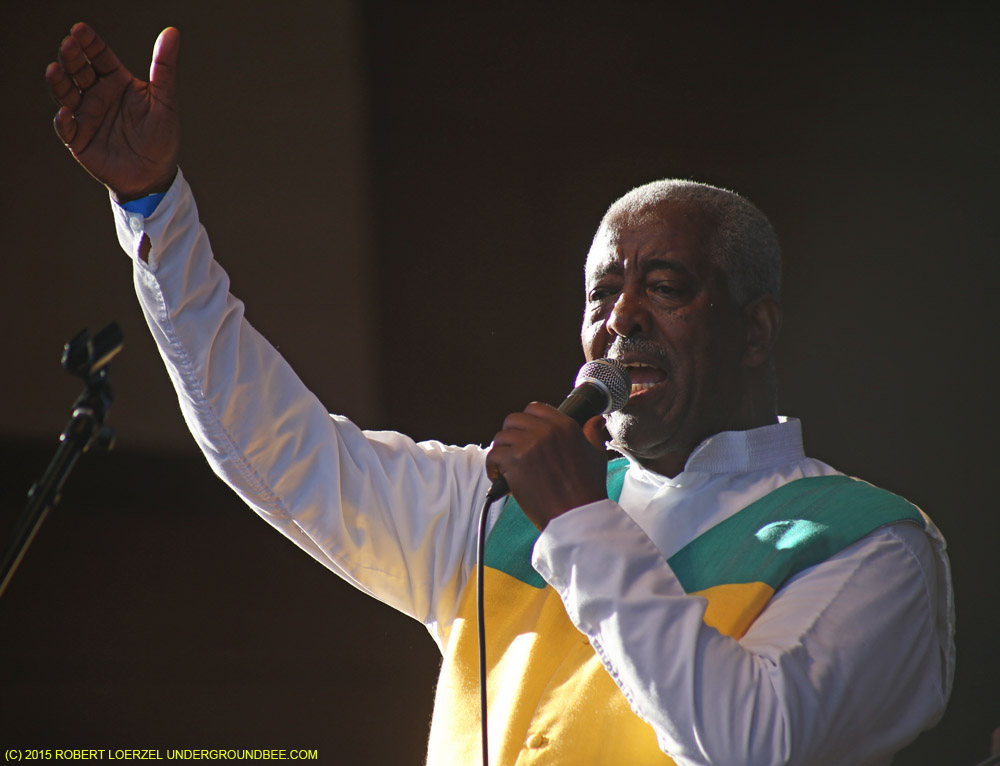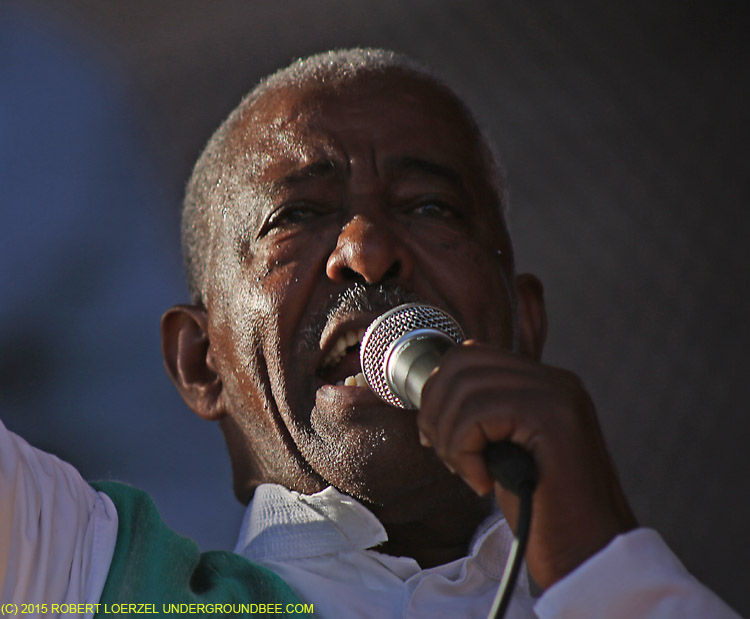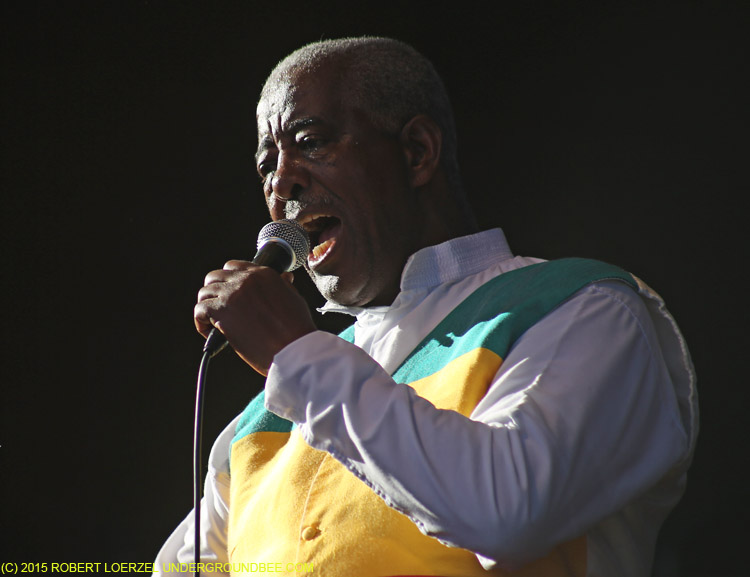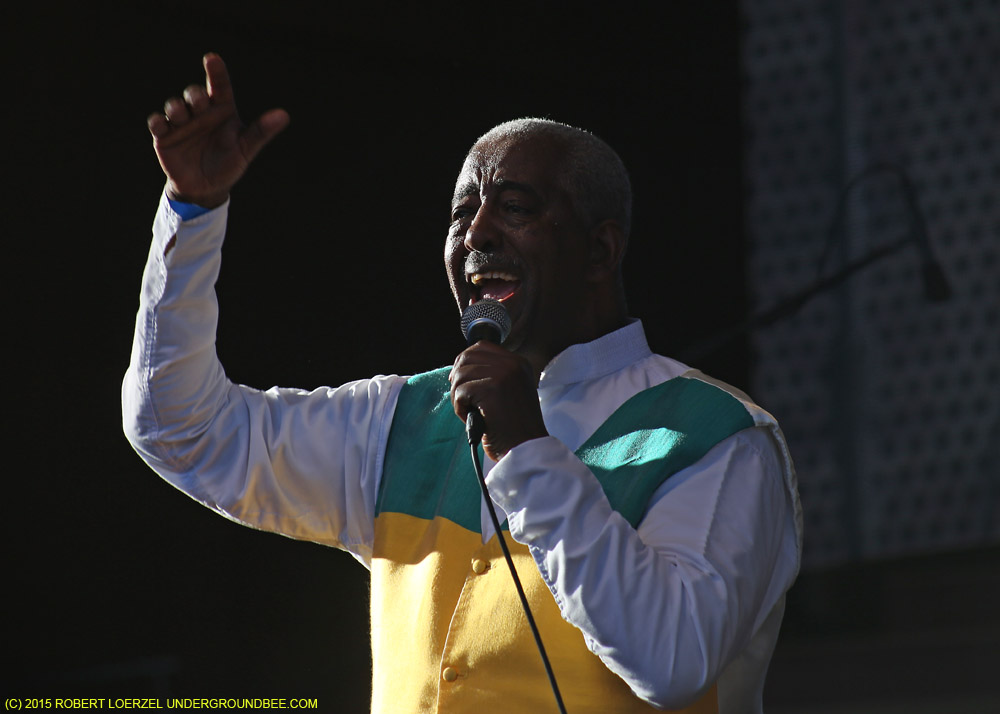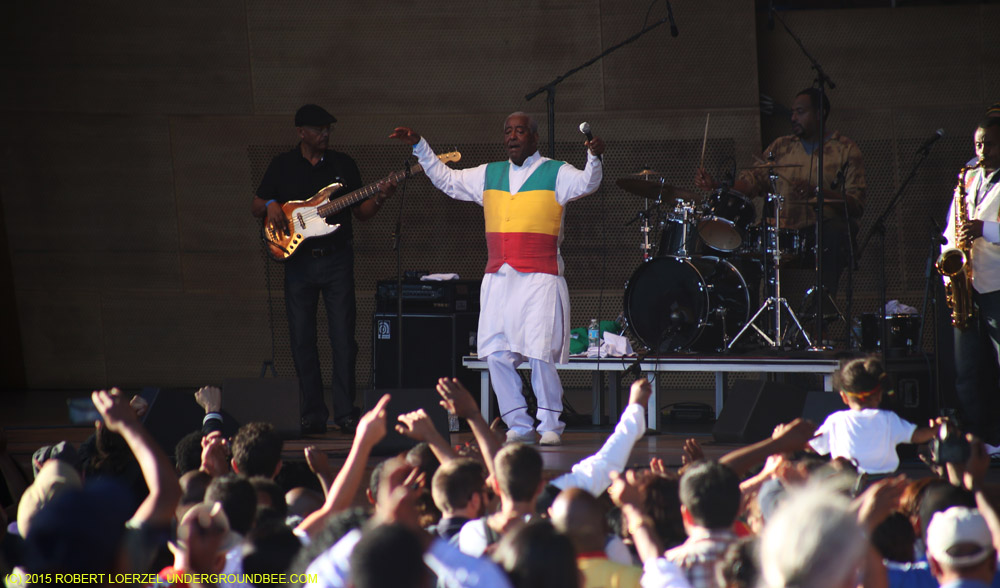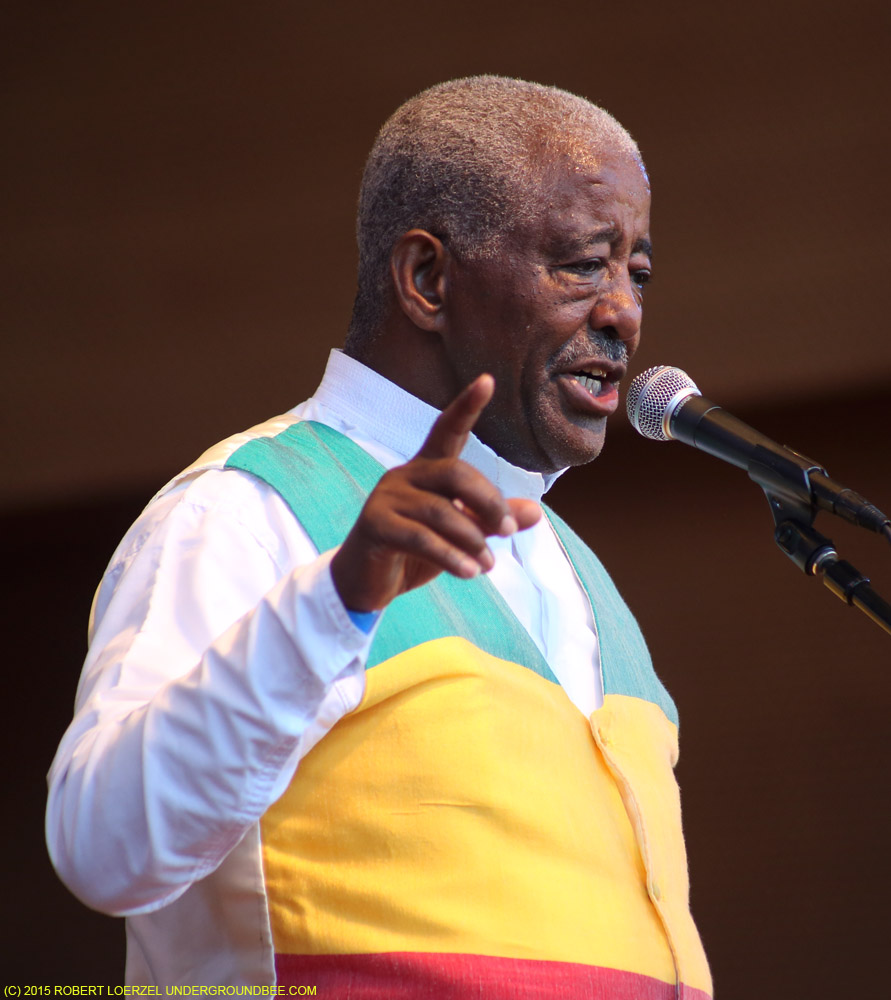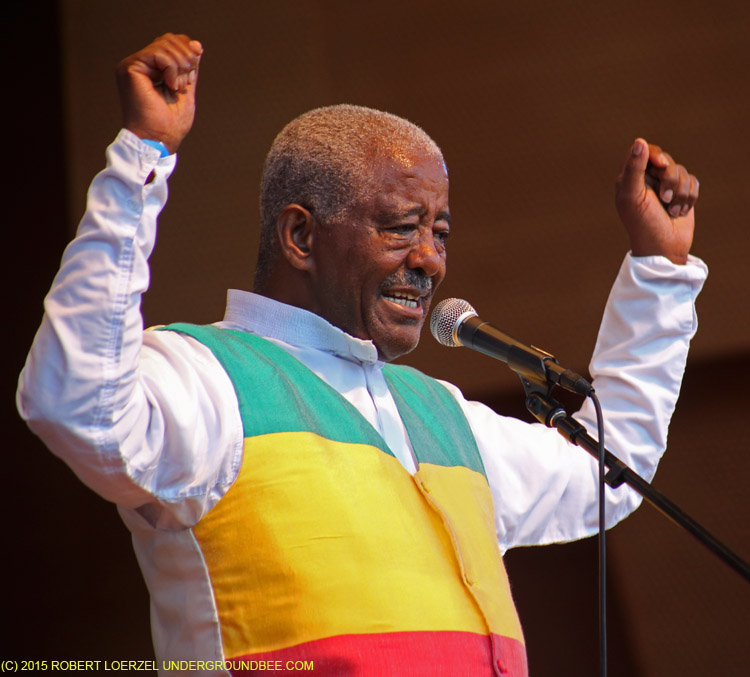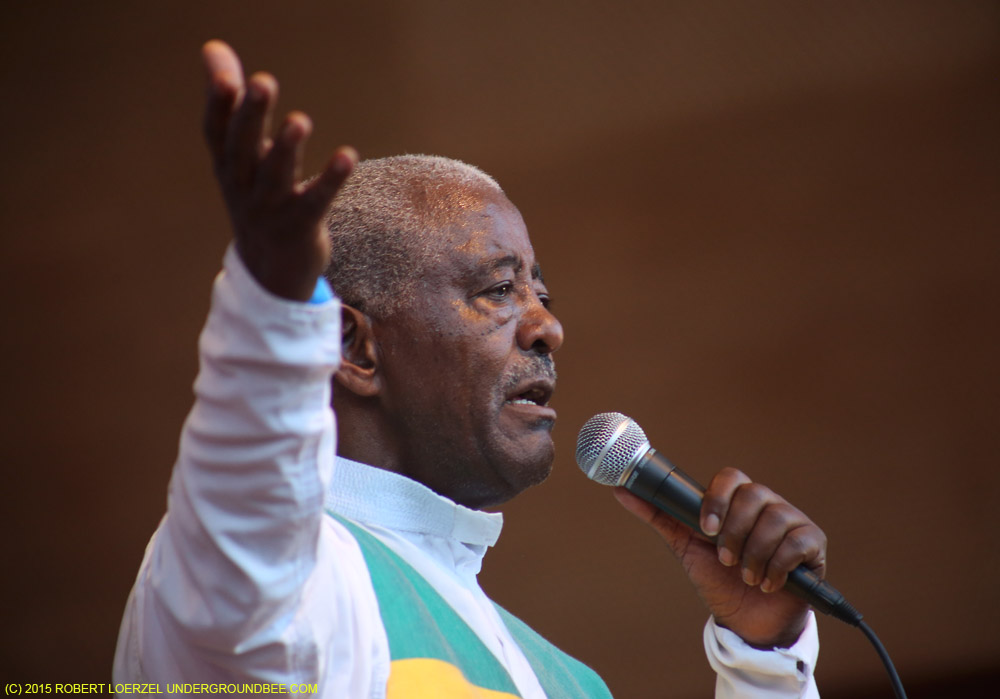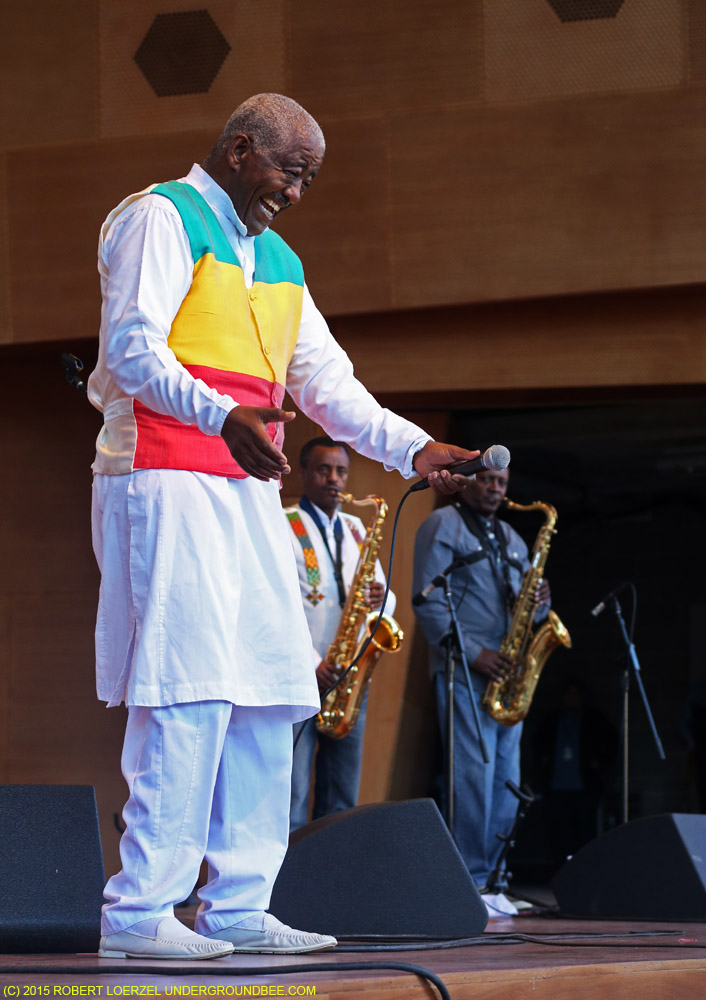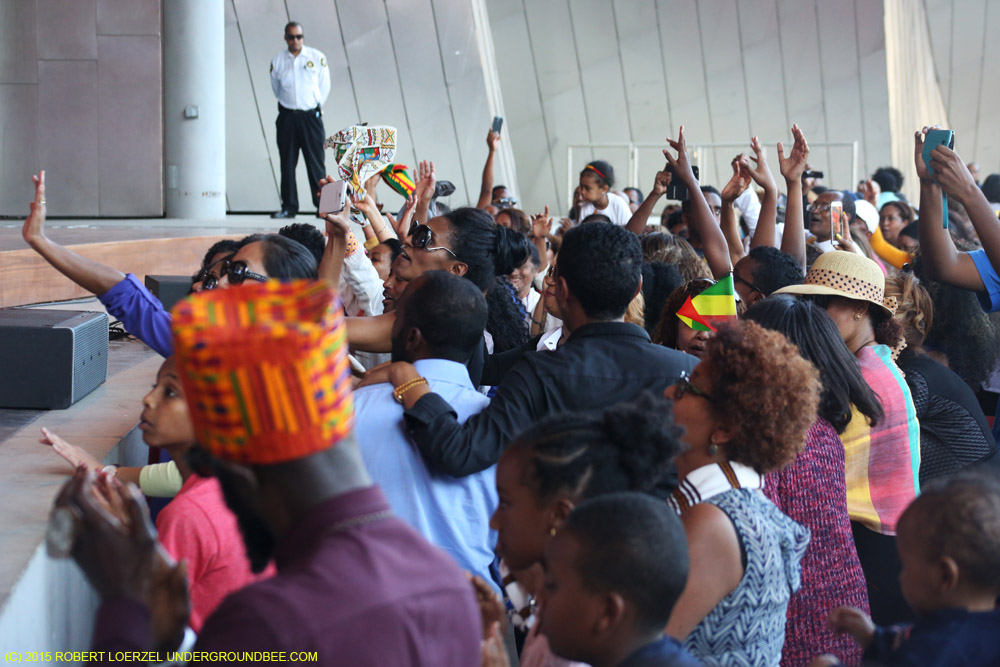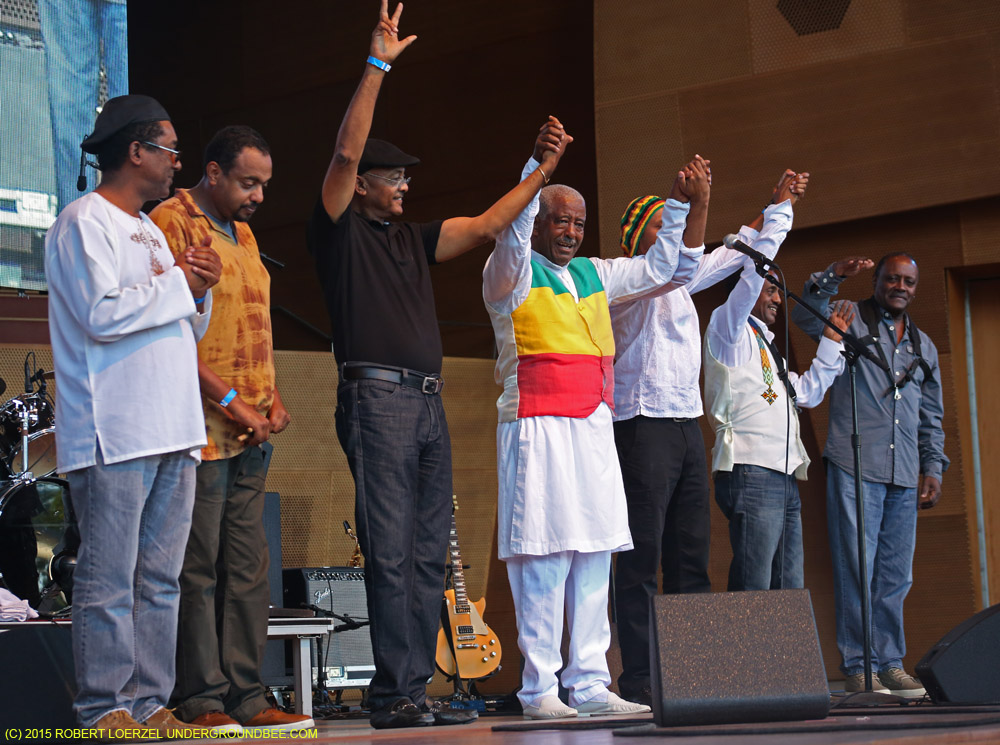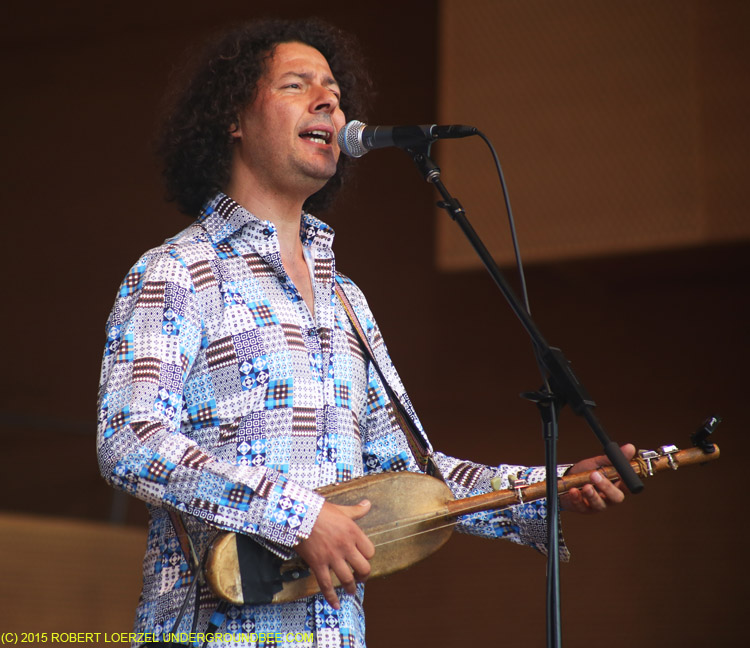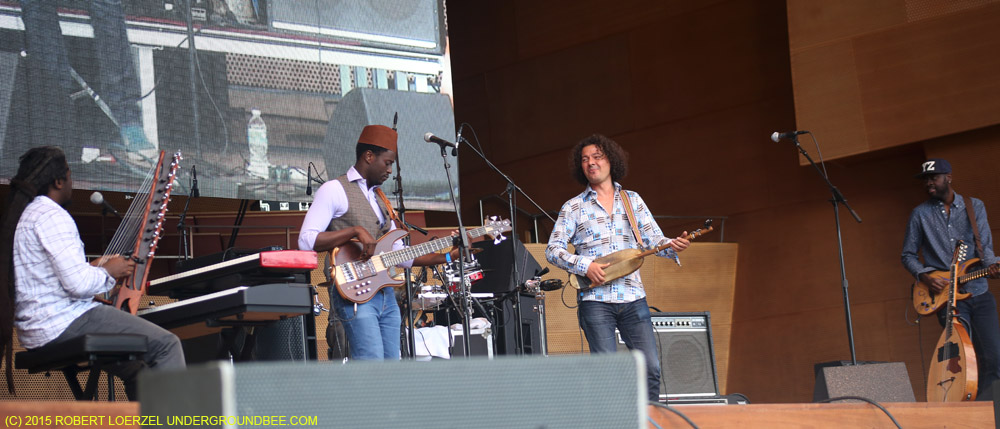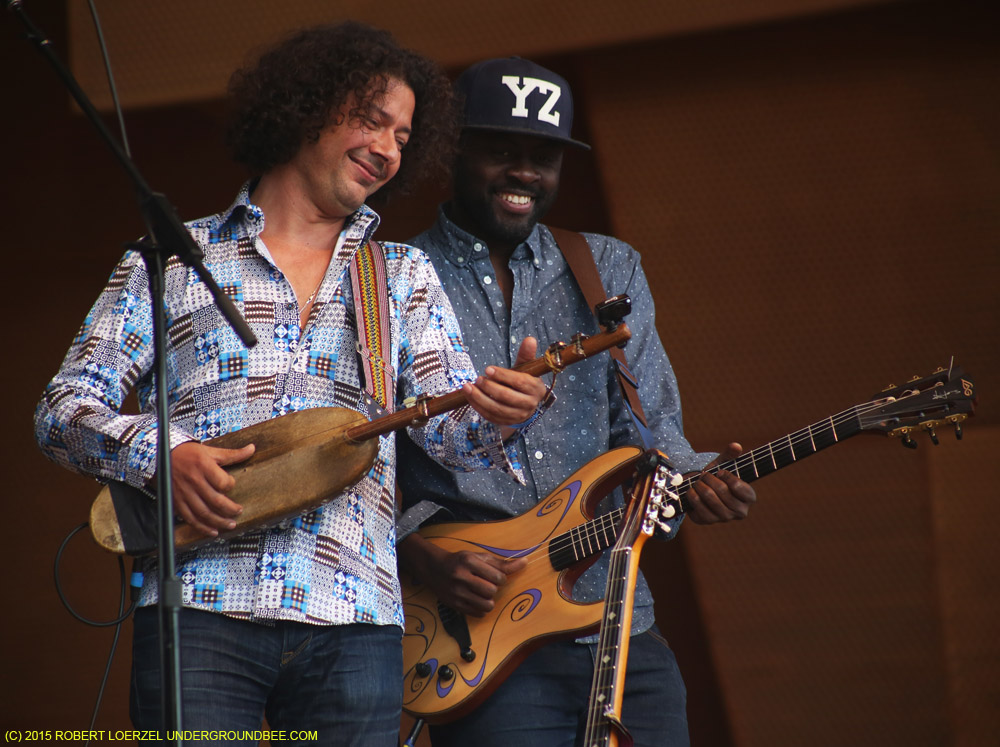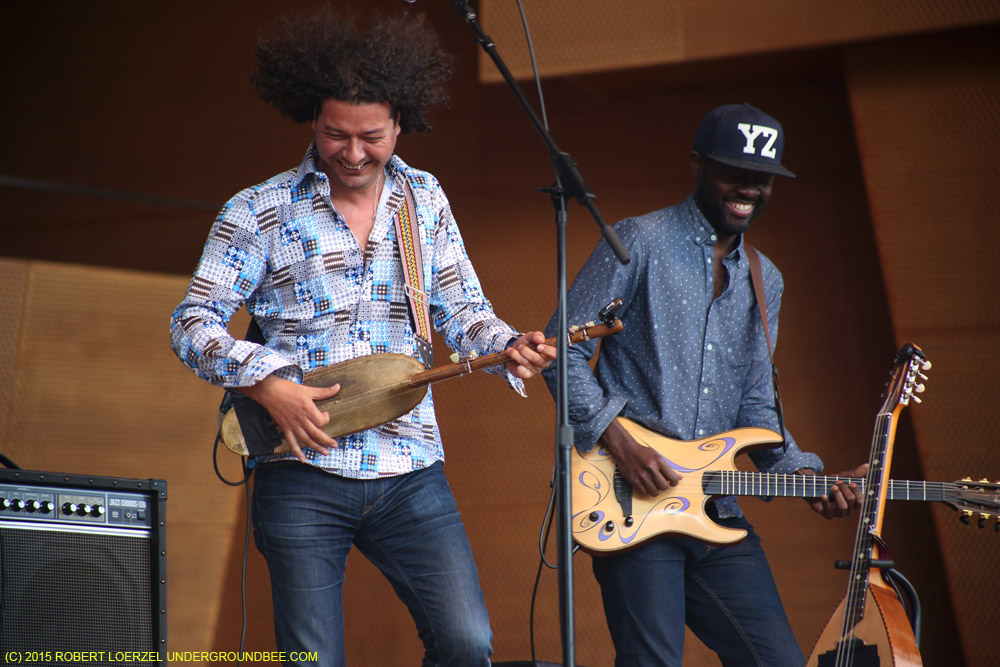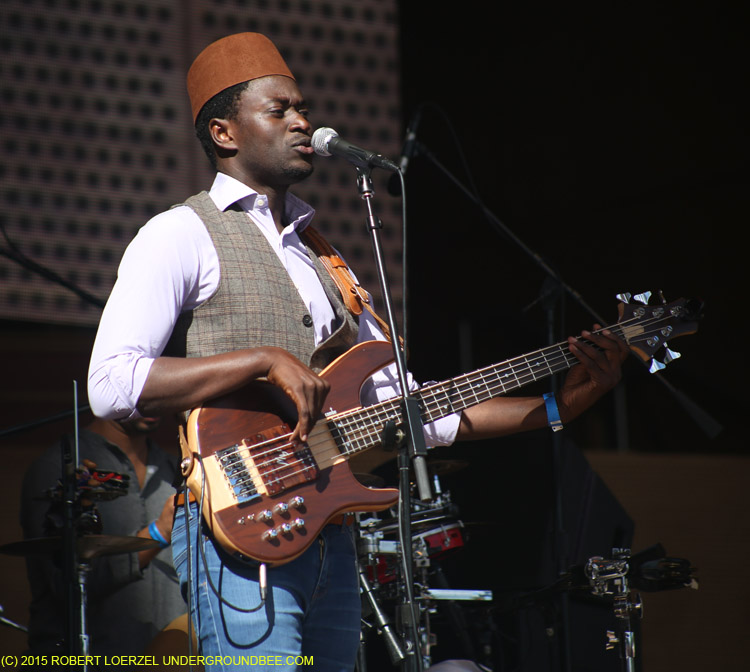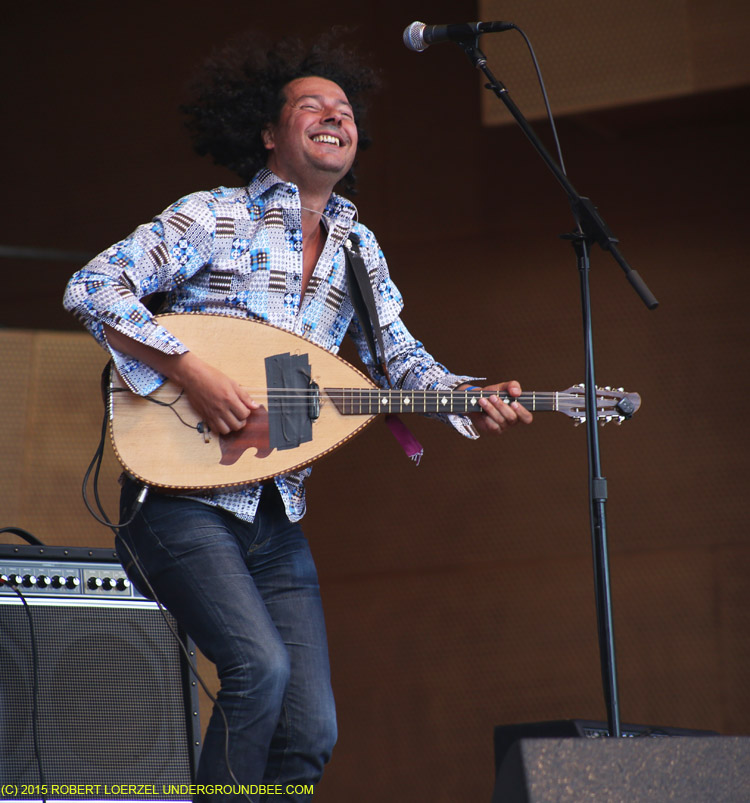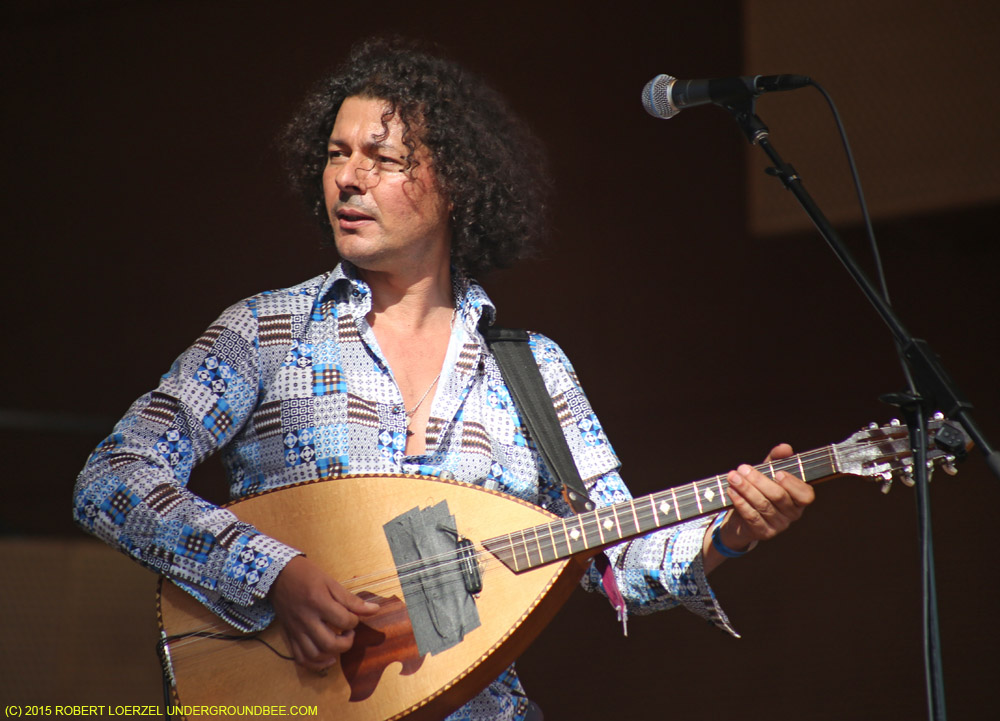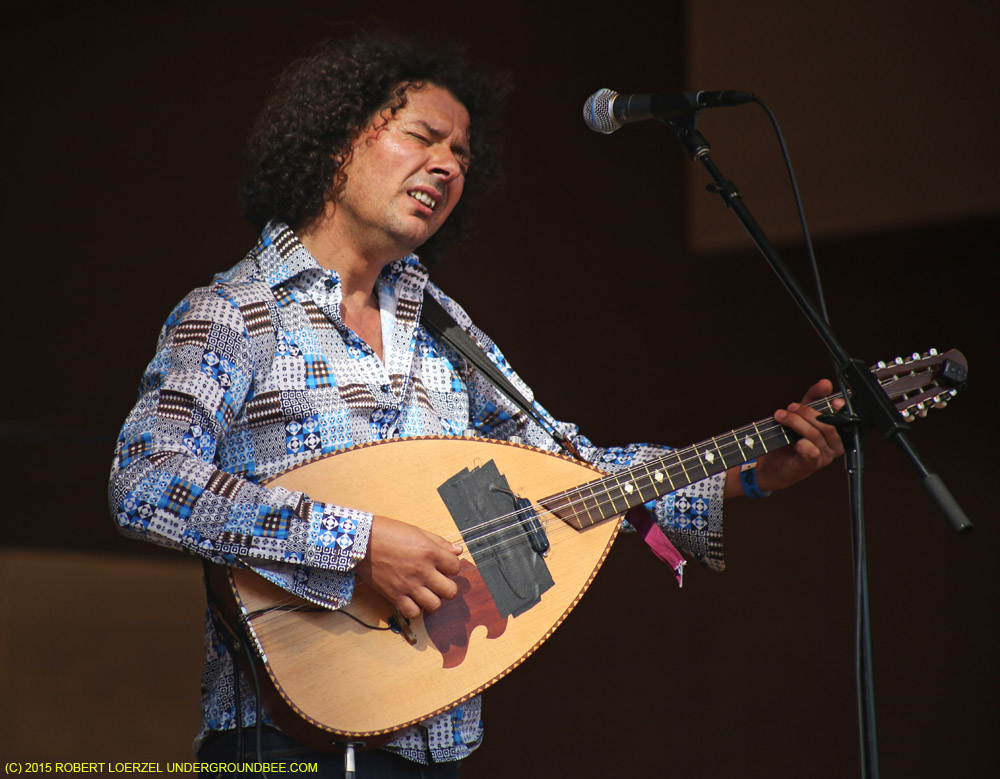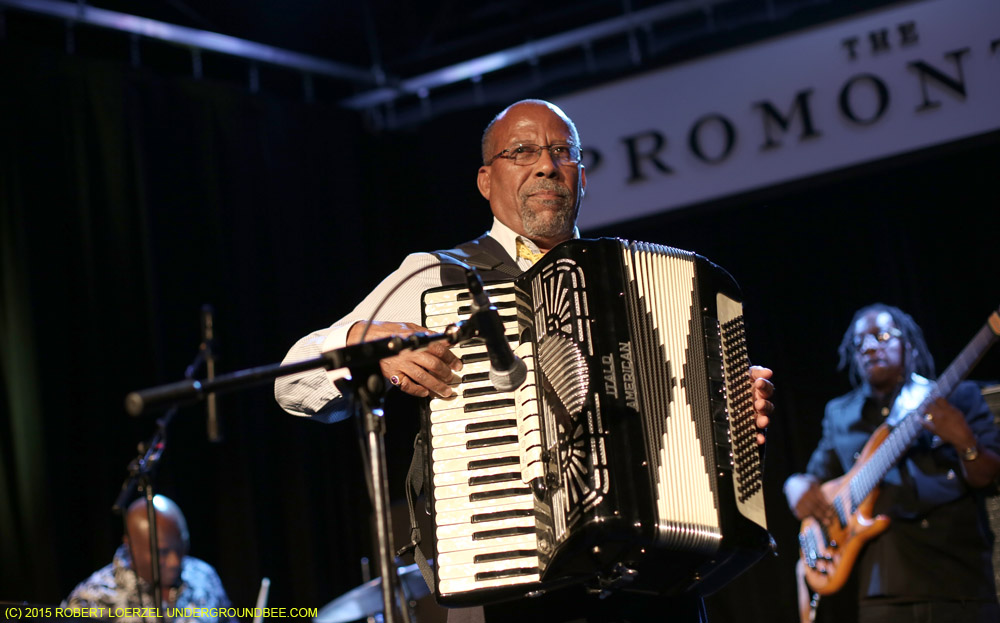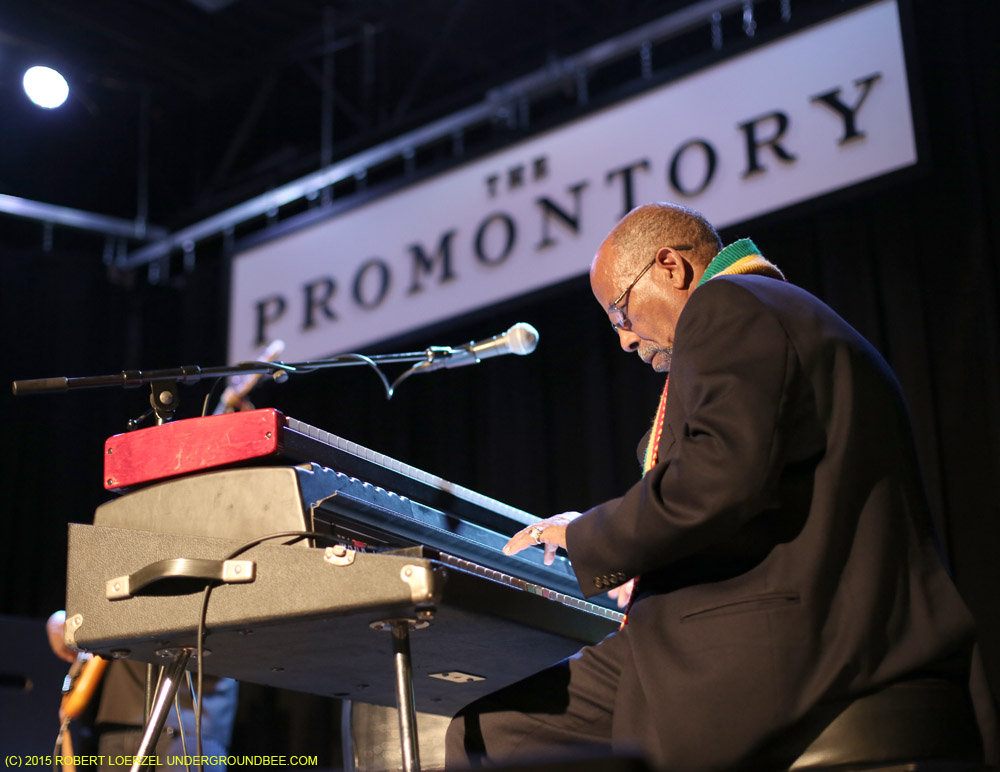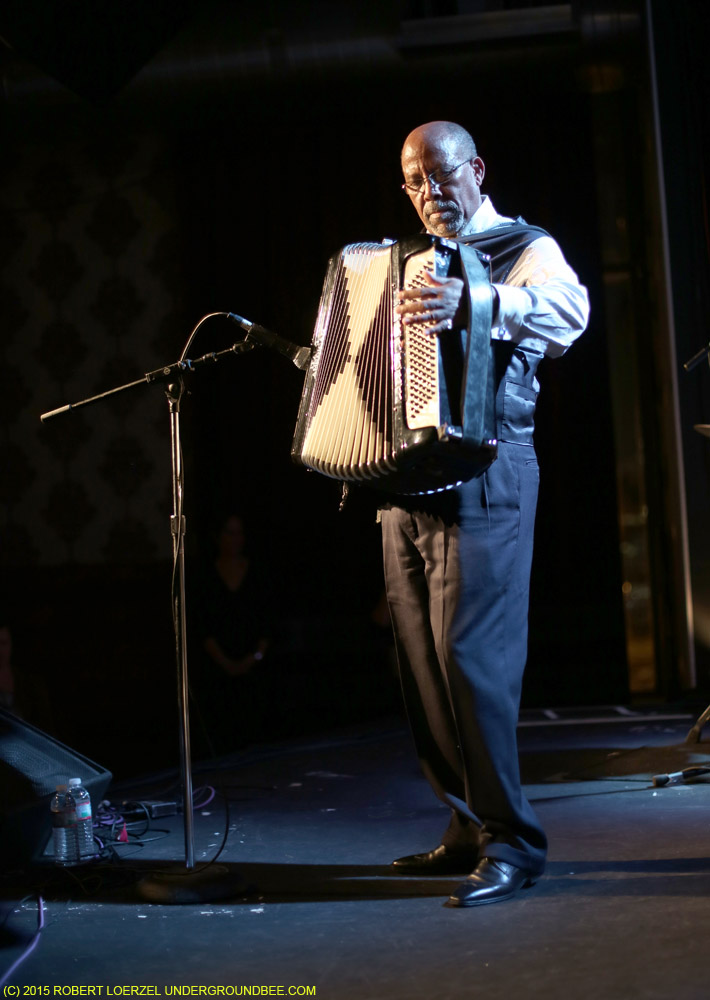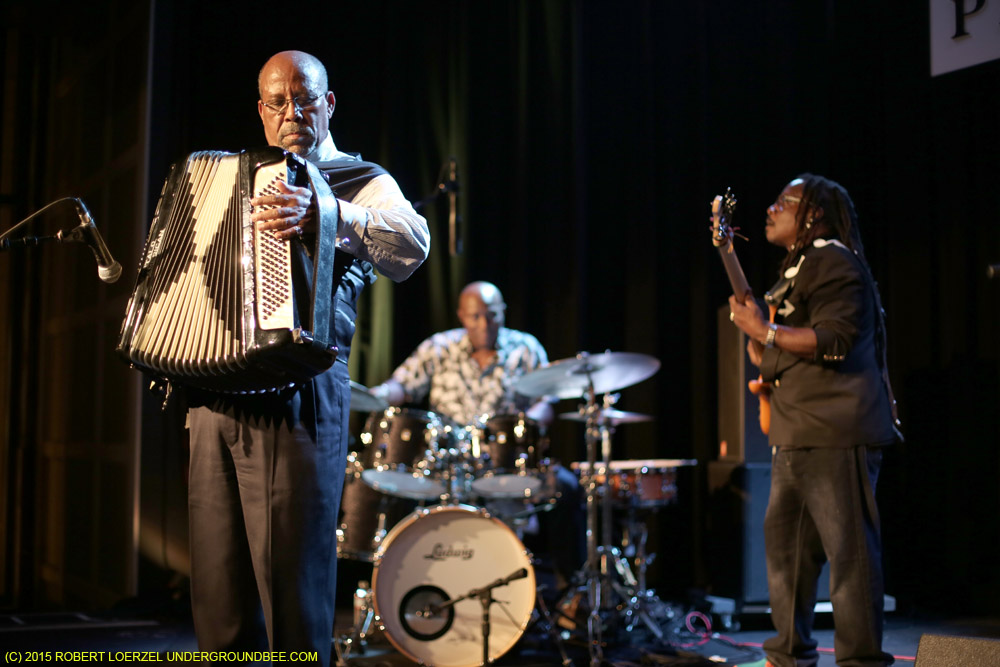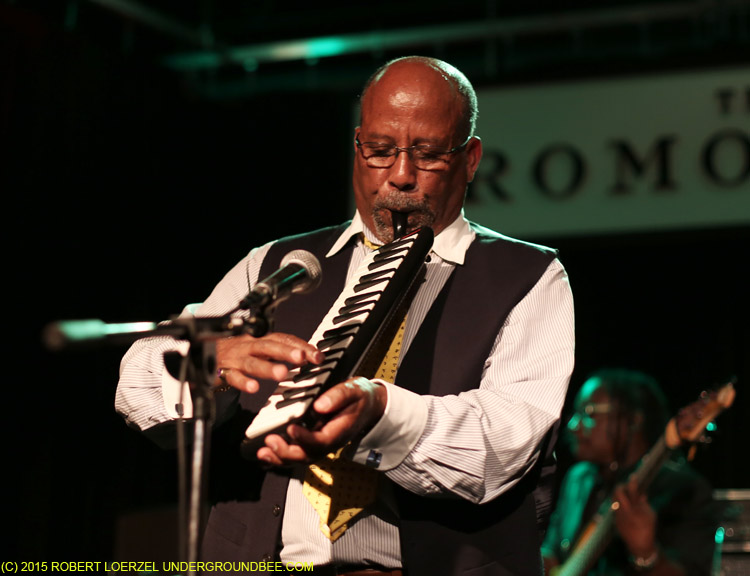Ragamala was an epic experience — a 15-hour concert of Indian classical music, stretching from 6 p.m. on Friday, Sept. 9, until 9 a.m. on Saturday, Sept. 10, with sitars, tablas, flutes, violins and singers sounding all night under the magnificent Tiffany Dome in the Chicago Cultural Center’s Preston Bradley Hall.
This was the fourth year that the Chicago Cultural Center has hosted an all-night Ragamala as part of World Music Festival Chicago. After attending a few hours of last year’s Ragamala, I decided to see the whole event this time. Learning from experience, I brought a pillow. So yes, I did doze off during a few of the performances, but I think the music still penetrated my subconscious brain.
Over the course of this Ragamala — the opening night of World Music Fest — I heard mesmerizing, beautiful and astonishing music from India’s Hindustani and Carnatic classical music traditions. Many of the pieces that were performed were intended to be heard at the specific times they were played, such as ragas for the “coming dawn,” which were heard around 4:30 a.m. Highlights for me included Partho Sarodi’s jaw-dropping performance on the sarod, a stringed instrument sounding a bit like an acoustic guitar crossed with a sitar; and the breathtaking vocals in the morning sets by the Sama Venkatesaiah Balakrishna Troupe and Manjiri Vaishampayan.
This was also a rare opportunity to stay inside the Chicago Cultural Center overnight. The lights were dimmed in the middle of the night, and then the pink hues of the rising sun trickled into the grand room after 6 a.m., glinting in the world’s largest Tiffany glass dome. It was a gorgeous sight to behold, all the more so with such incredible musical accompaniment.
